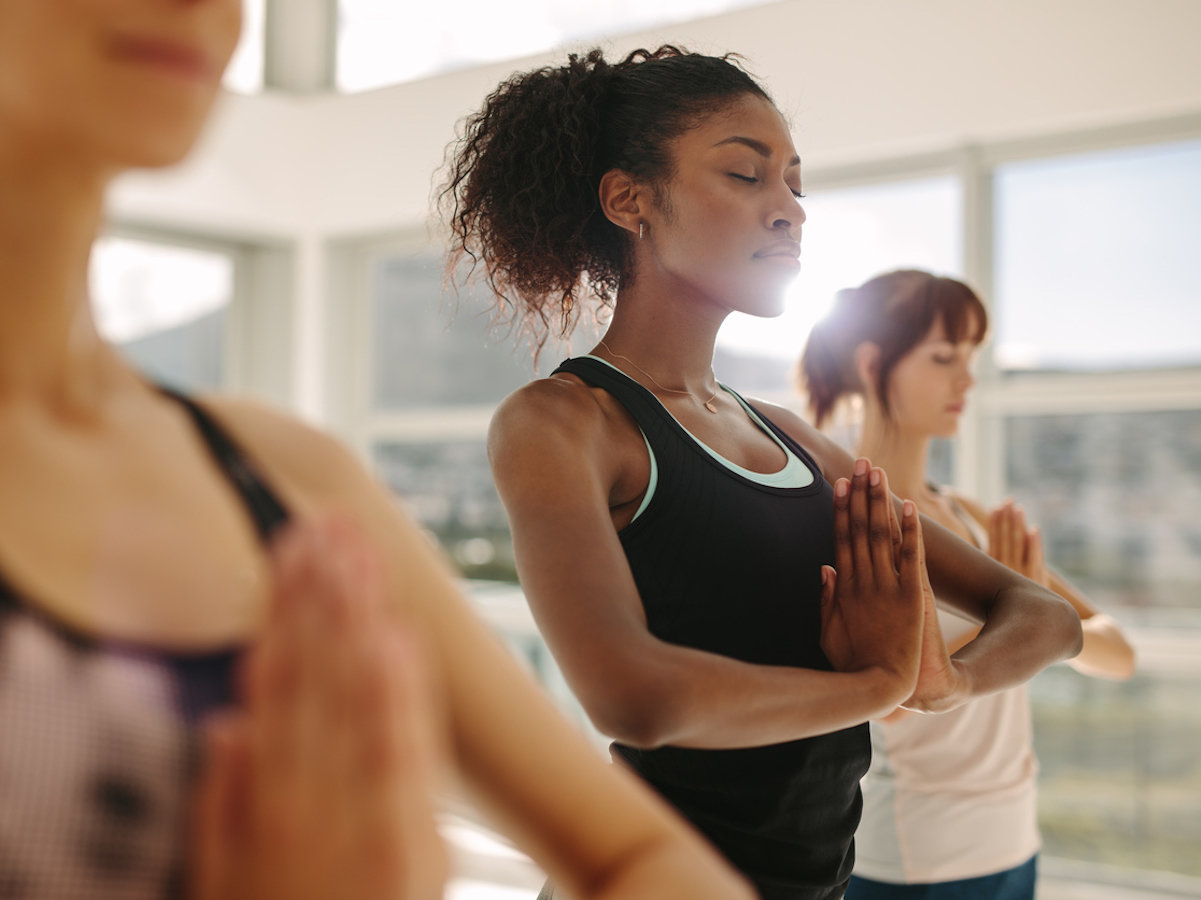
While it's perfectly normal to feel on edge from time to time, suffering from anxiety is a whole different ballgame. The mental health concern is also extremely common. According to the Anxiety and Depression Association of America, anxiety disorders are the most common mental illness in the U.S., affecting 40 million adults, or 18.1 percent of the population every year.
People dealing with anxiety may suffer from one or several disorders. For example, generalized anxiety disorder affects 6.8 million adults, and women are twice as likely to be affected as men.
While talk therapy and prescription drugs can help, there are some options for people who want to take the edge off anxiety with natural approaches, notes Suzanne Dixon, RDN, a registered dietitian, epidemiologist, and nutrition expert with The Mesothelioma Center.
From activities that can be done in nature to interacting with animals, specific forms of breathwork to varying amounts and intensities of exercise, aromatherapy, therapeutic foods, herbal supplements, and certain eating habits that require zeroing in on a certain time of day or nutrient, certain lifestyle moves could make a world of difference in curbing anxiety.
It bears noting that none of these therapies are necessarily a direct substitute for formal treatment, and working with a health care provider is key to nailing down an individualized, effective plan. "After all, everyone is unique, [so] make sure herbs don't cause any unintended effects — dozing off at the in-laws, for example," warns Dixon.
That said, a wide variety of tips and tricks may prove truly useful for those with anxiety disorders. Here are 40 natural anxiety aids backed by research and experts.
Ashwagandha
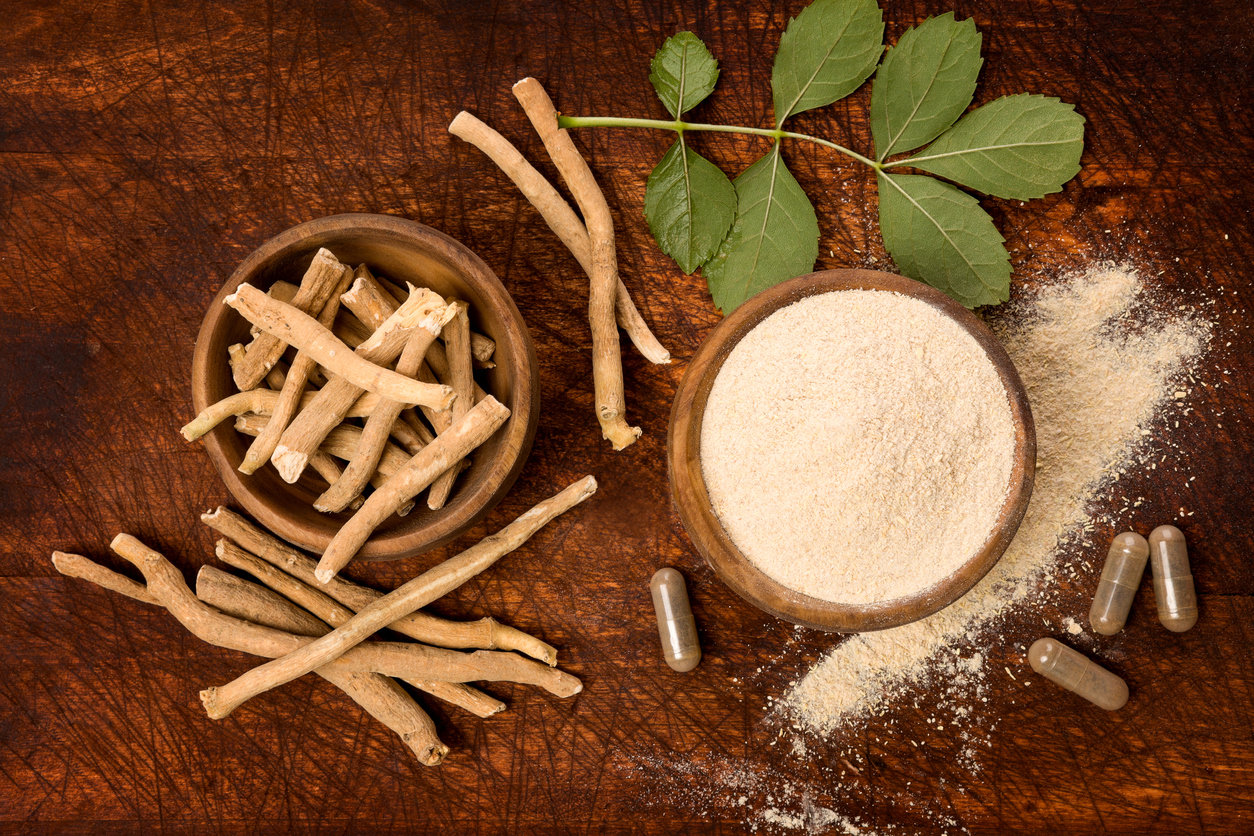
Ashwagandha is an herb often used in Ayurvedic healing that has clinically been found to calm anxiety and specifically help agoraphobia (anxiety especially in open or crowded places).
"A calming adaptogen, ashwagandha is good for anxiety, relieves muscle pain, good for hypothyroidism and Hashimoto’s disease," notes board-certified holistic nutritionist and herbalist Karen Brennan, MSW, NC. "It also may be useful for stomach/digestive issues that are stress-related. Can help with insomnia." Brennan warns that it is ill-advised if you suffer from hyperthyroidism or Grave’s disease.
Gratitude Journaling
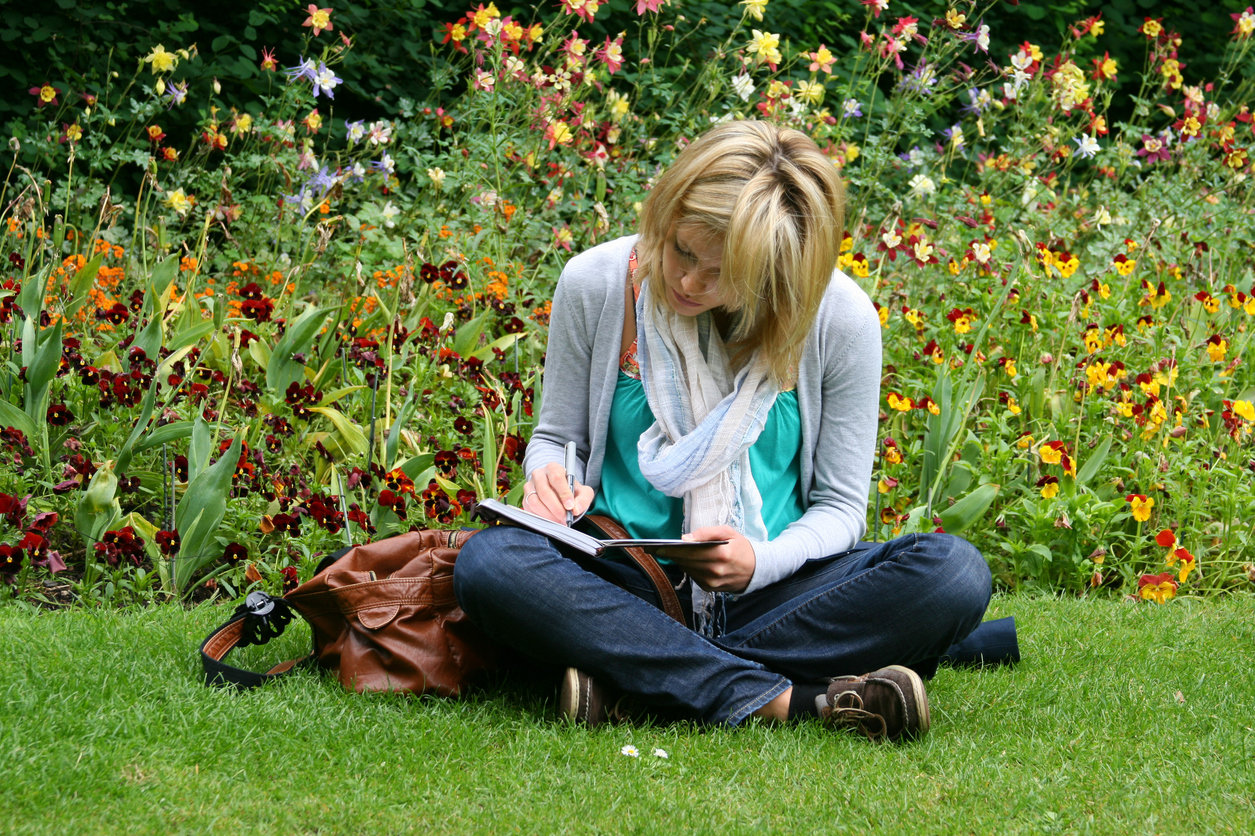
"Everyone has tough days where feelings of insecurity, anxiety, and doubt creep in," notes Angela Mader, founder of Fitlosophy. "Gratitude is actually known to increase happiness and decrease levels of depression. It is also known to make you healthier; where gratitude exists, optimism flows — a quality that research has shown boosts the immune system." All of these benefits, stemming from gratitude journaling — or simply writing down what you're grateful for — have been linked to reducing anxiety.
Meditation
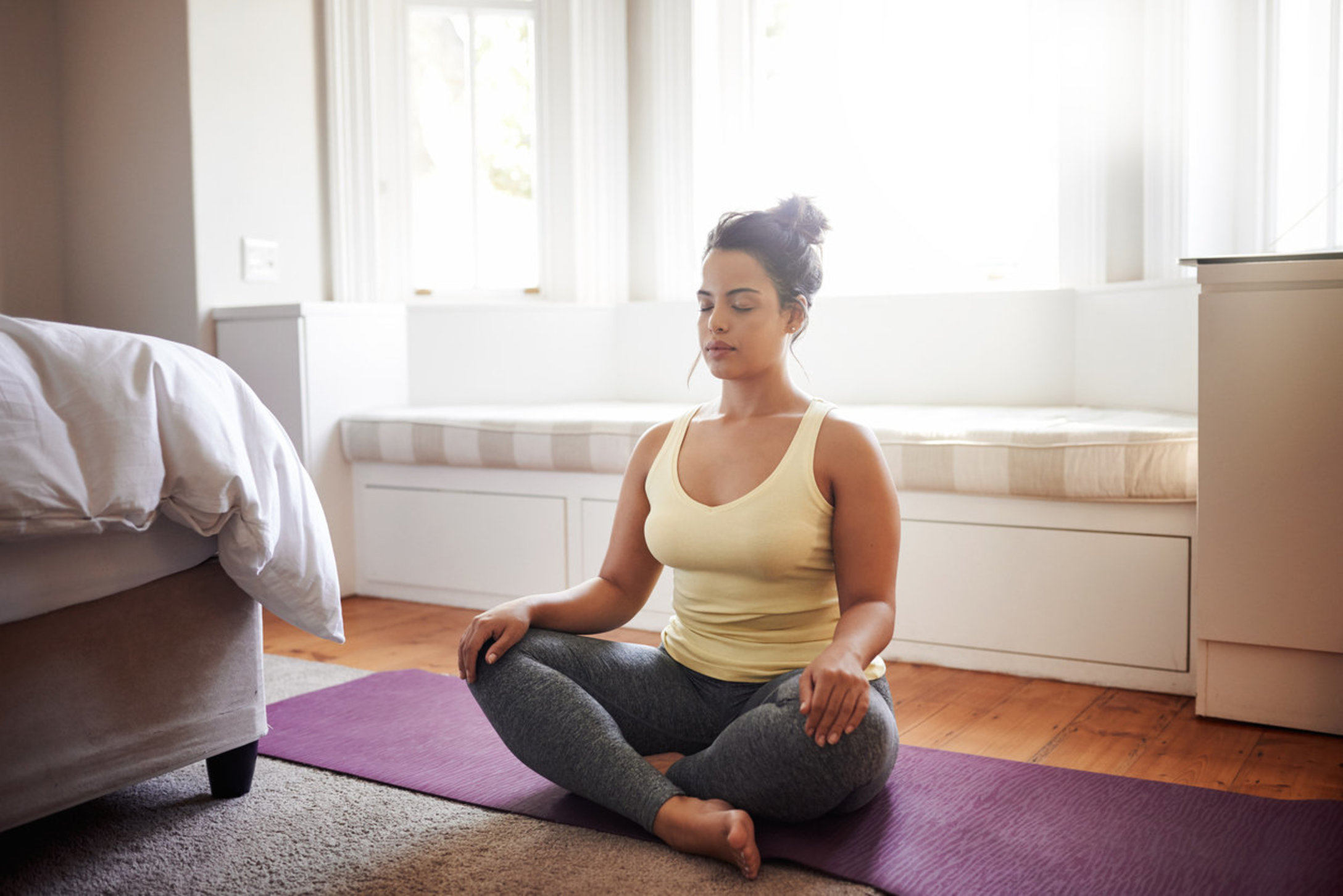
"Meditation has been used for centuries to try and promote a feeling of calm and relaxation," shares Bourque. And science backs it up: Research published in the Journal of Alternative and Complementary Medicine concludes that it can be useful for anxiety disorders.
A Regular Yoga Routine
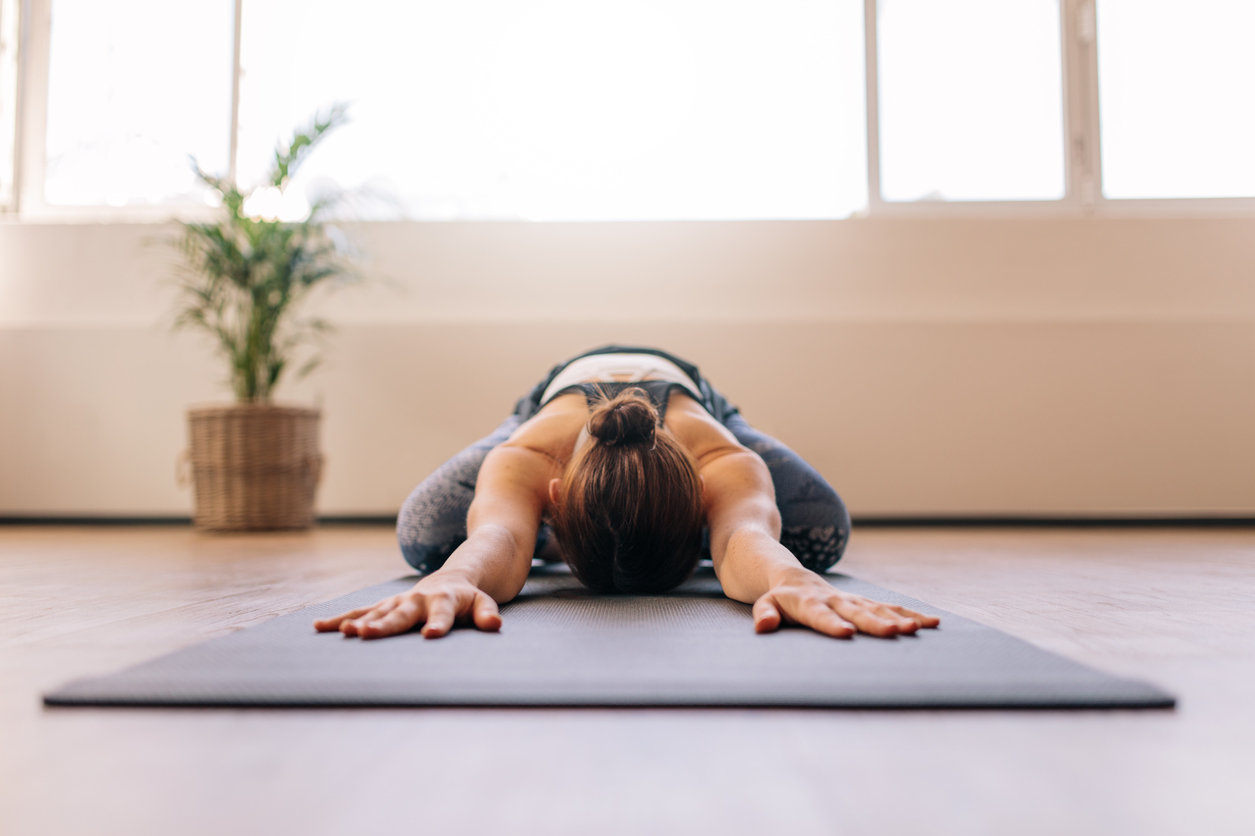
Regularly hitting the yoga mat can be a major anxiety reliever. Research published in the journal Alternative Medicine Review looked at the effects of 35 trials addressing the effects of yoga on anxiety and stress. Of those 35, 25 noted a significant decrease in stress and/or anxiety symptoms when a yoga regimen was implemented.
Rhodiola Rosea
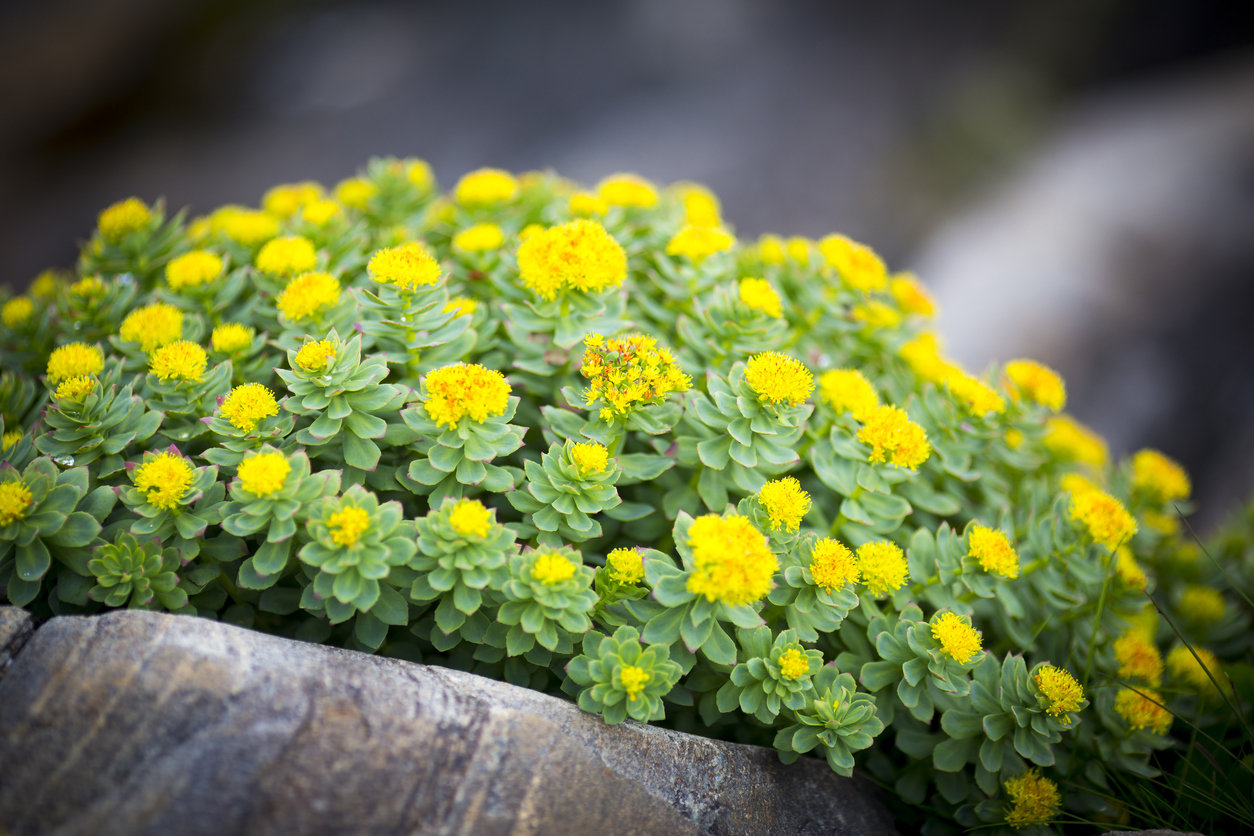
Published research from the the UCLA Anxiety Disorders Program suggests Rhodiola rosea — an adaptogenic plant used for centuries to treat fatigue, depression, and anxiety — can aid patients diagnosed with generalized anxiety disorder. "Take early in the day and not in the evening or at night, as it can impact your sleep," warns Brennan.
Schisandra
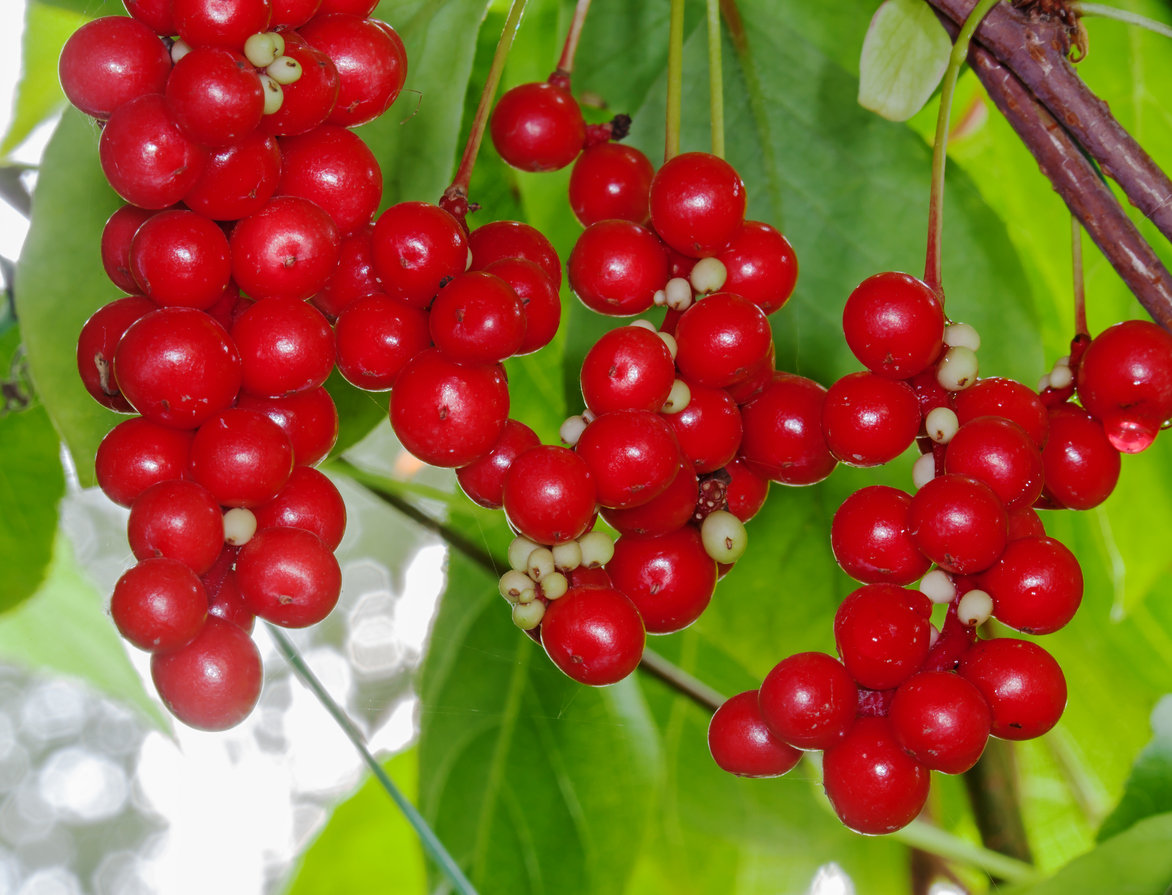
Another adaptogenic herb is schisandra. "It's calming and can provide a feeling of alertness without the stimulating effects that you would get from caffeine," notes Brennan. It also supports the immune system, which can affect people who suffer from stress and anxiety. But you'll want to steer clear of schisandra if you're using barbiturates, Brennan says.
Chamomile
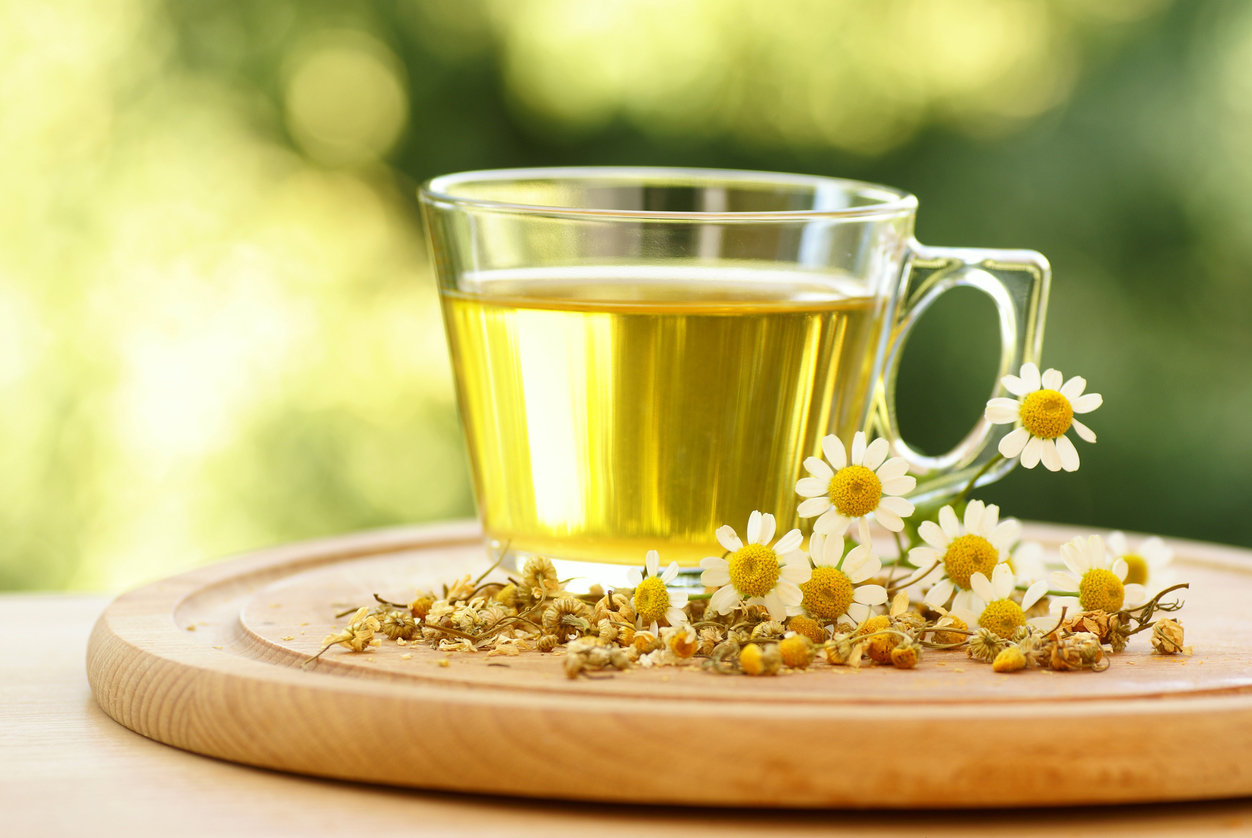
Prepping yourself a cup of chamomile tea may be an easy, calming way to kick anxiety to the curb. In a study done at the University of Pennsylvania Medical Center, researchers found that patients who suffered from generalized anxiety disorder who took chamomile supplements for eight weeks had a significant decrease in anxiety symptoms compared to patients taking a placebo.
Green Tea
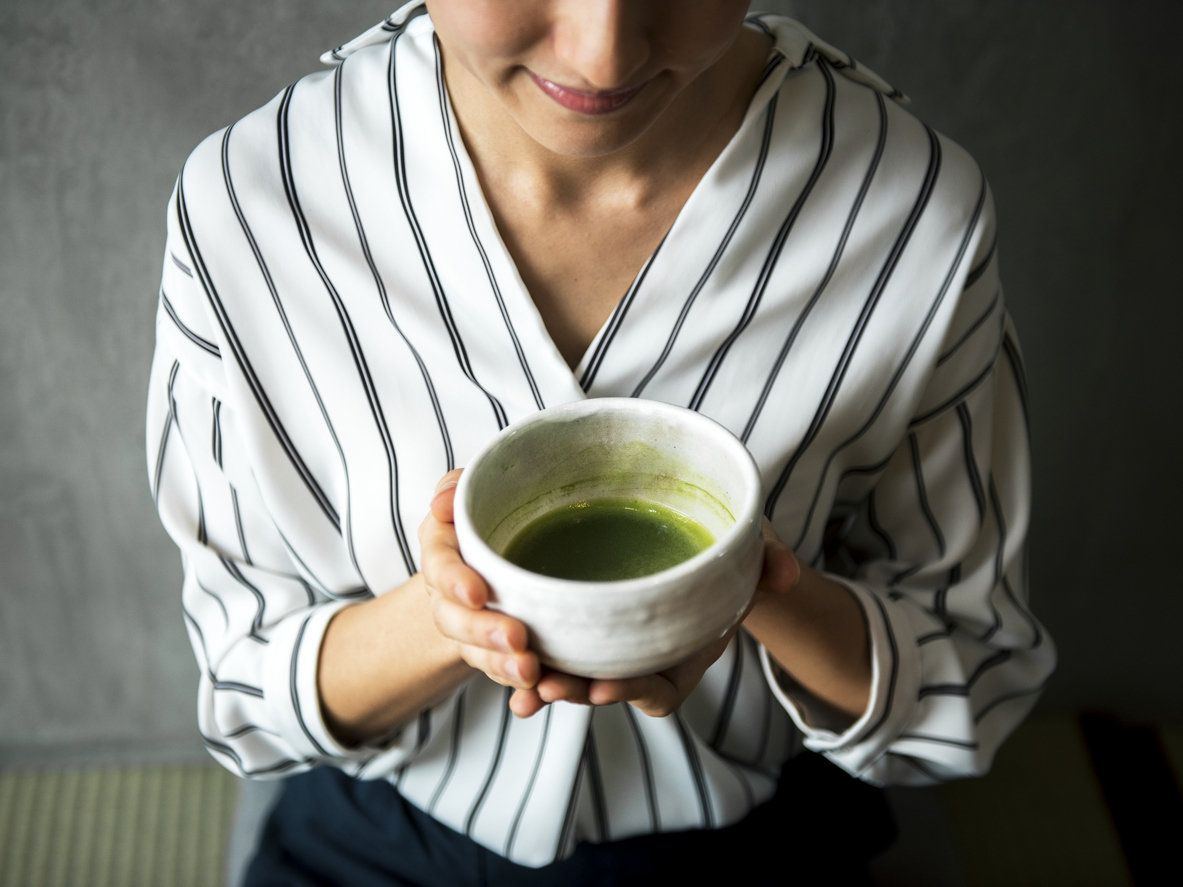
For those looking to address anxiety and get a little boost of energy, green tea is a great bet. Research published in the Journal of Functional Founds attributes its stores of the amino acid L-theanine to helping anxiety-prone subjects become calmer and more focused during a test.
"Green tea tends to help people feel 'alert' but relaxed," notes Dixon. "It's a great effect for anyone who wants to dampen anxiety without feeling groggy."
Salmon
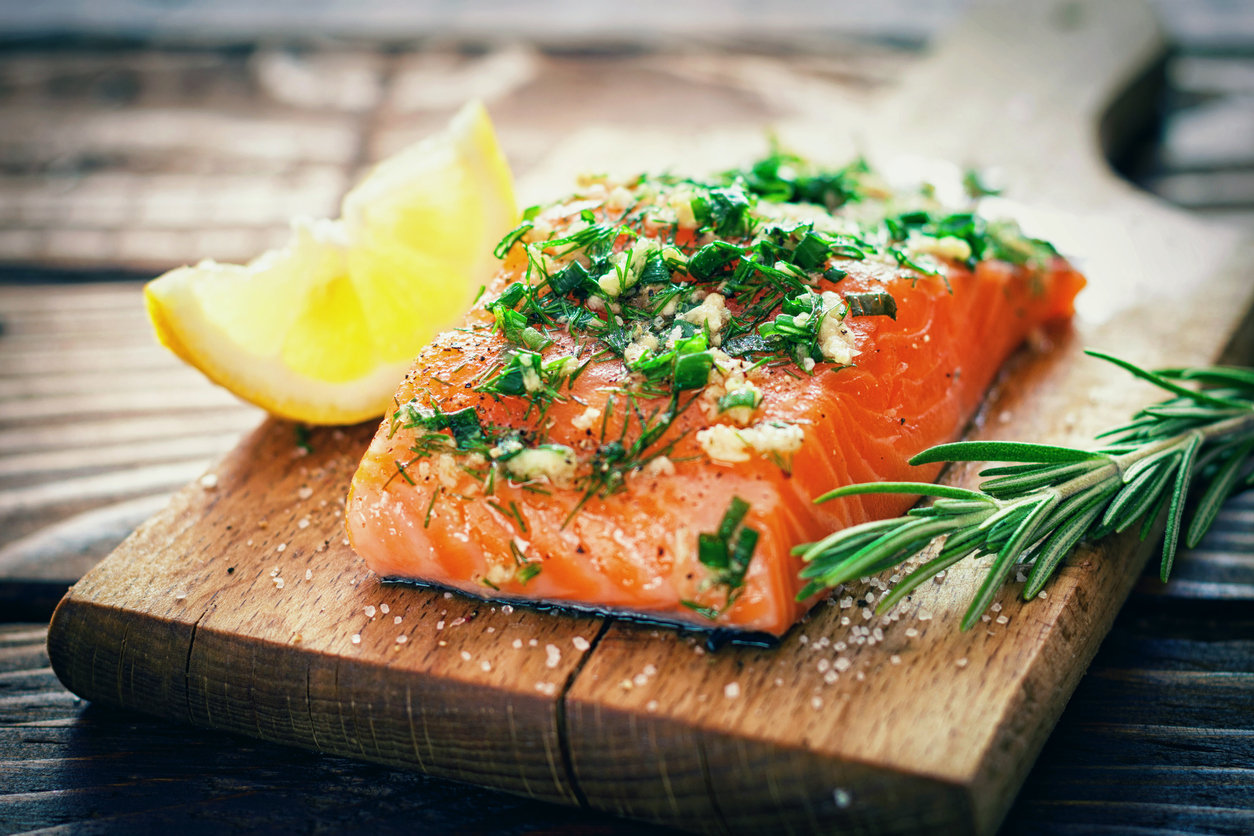
Eating the good, omega-3 fats — EPA and DHA — in salmon can benefit the brain's health, helping regulate the neurotransmitters dopamine and serotonin, which can promote calm and relaxation. Omega-3s have specifically been linked to a bolstered ability to cope with stress and tackle anxiety.
Turmeric
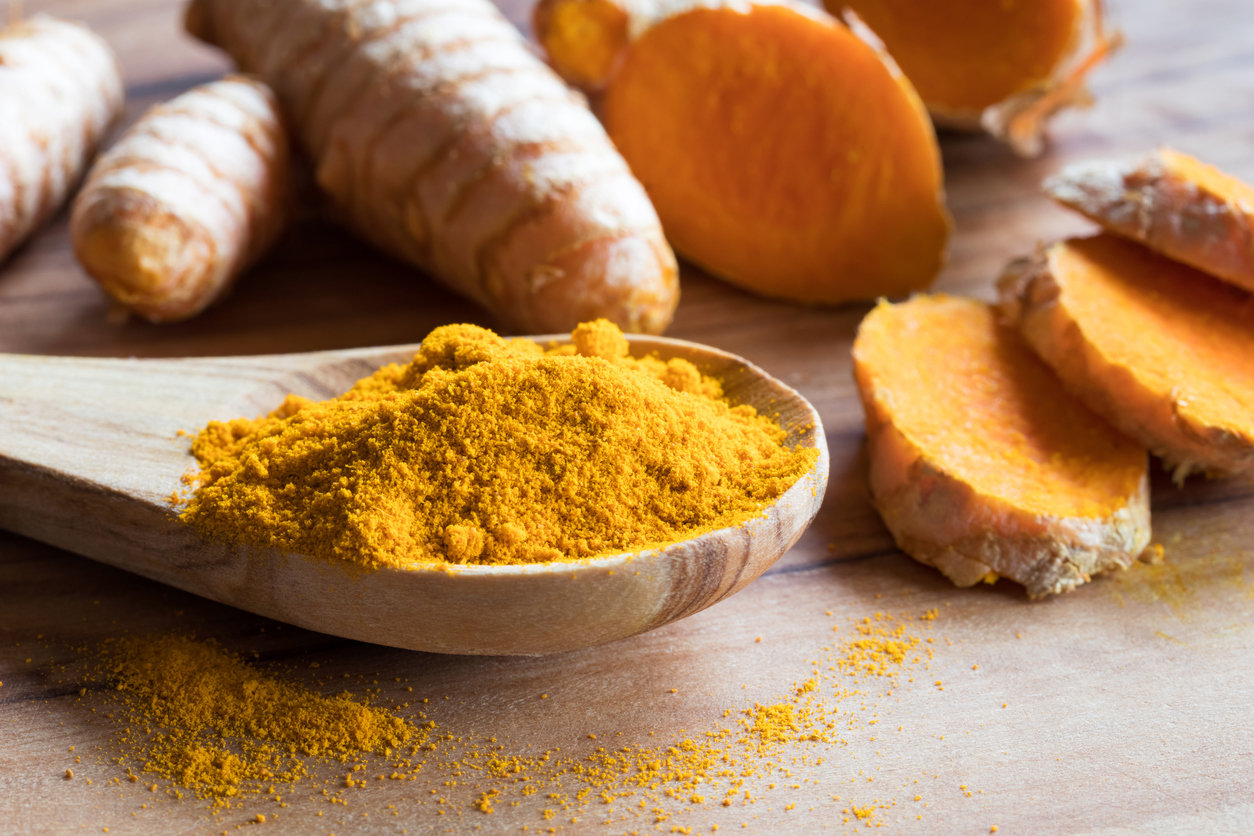
This spice, often used in Indian cooking, has an active compound called curcumin, which has been shown to reduce markers of inflammation called cytokines, which are often linked with anxiety development.
Hops
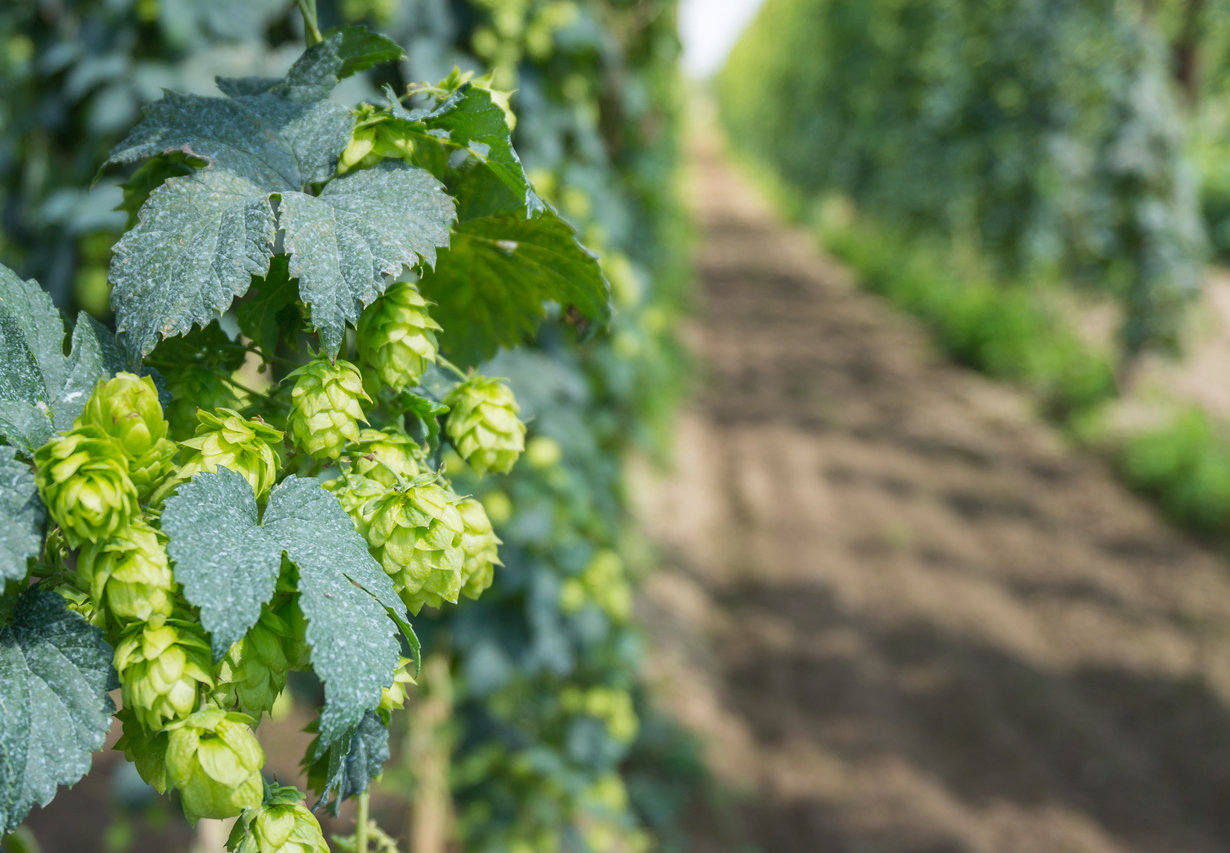
Hops, which is most frequently associated with beer, is a bitter herb praised for its anti-anxiety effects. A study published in the journal Hormones found that in healthy young adults reporting at least mild depression, anxiety, and stress symptoms, daily supplementation with a hops dry extract significantly improved all symptoms over a four-week period.
Yogic Breathing
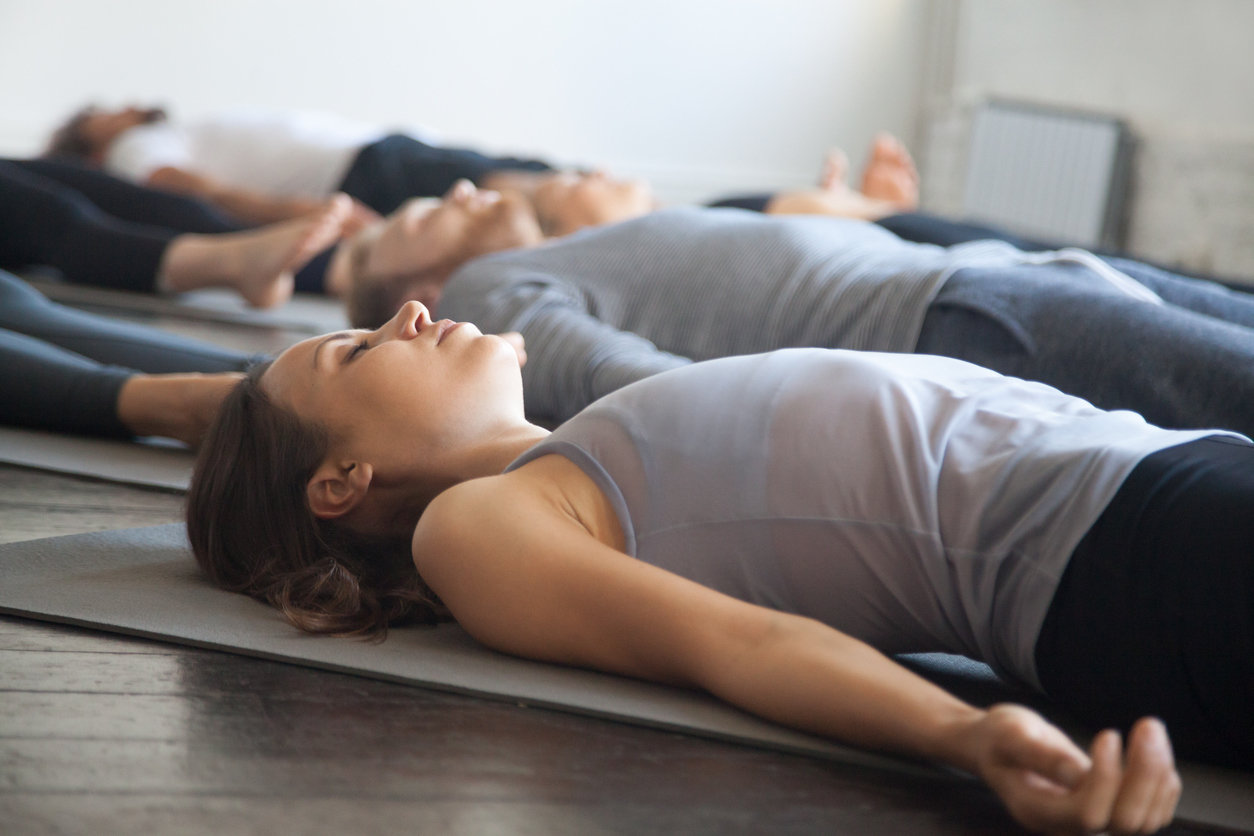
Yogic breathing, or more specifically, sudarshan kriya yoga (SKY), is a type of cyclical controlled breathing practice with roots in traditional yoga that has been linked to reduced anxiety.
A Brisk Walk
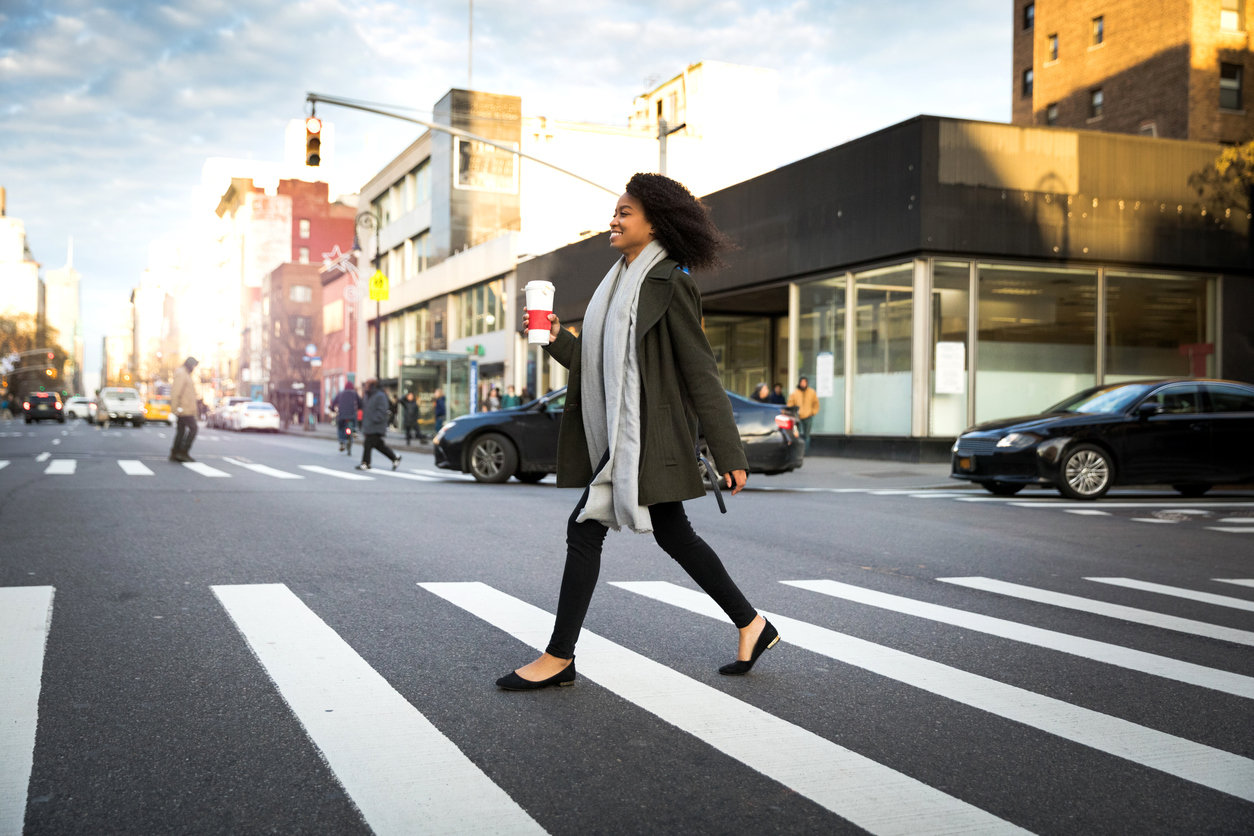
According to the Anxiety and Depression Association of America, psychologists studying how exercise relieves anxiety and depression suggest that a 10-minute walk may be just as good as a 45-minute workout.
Valerian
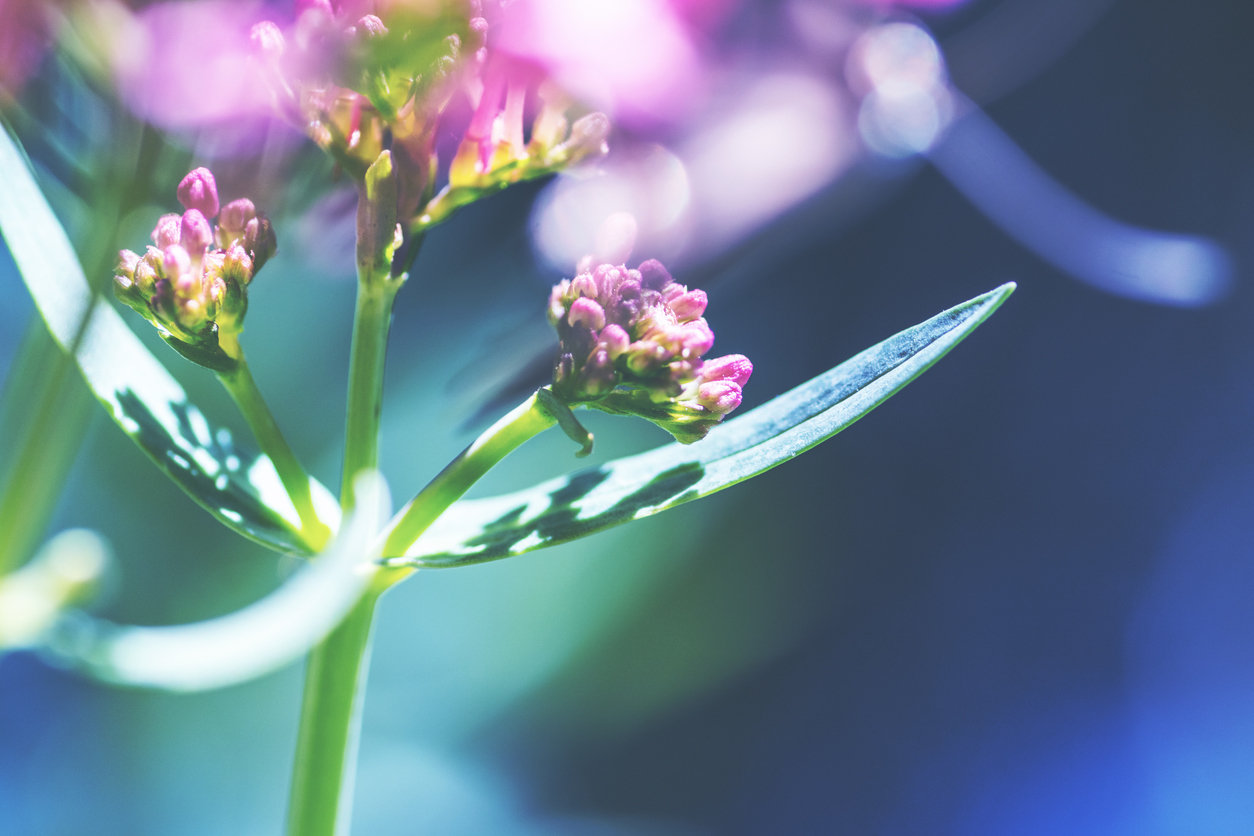
Valerian is an herb that interacts with gamma-aminobutyric acid, a chemical messenger that helps regulate nerve impulses in your brain and nervous system. Researchers have shown that low GABA levels related to acute and chronic stress are linked to anxiety and low-quality sleep. That said, valerian is an especially sleepy herb, usually best used at night, for anxiety that is inhibiting sleep.
Fish Oil
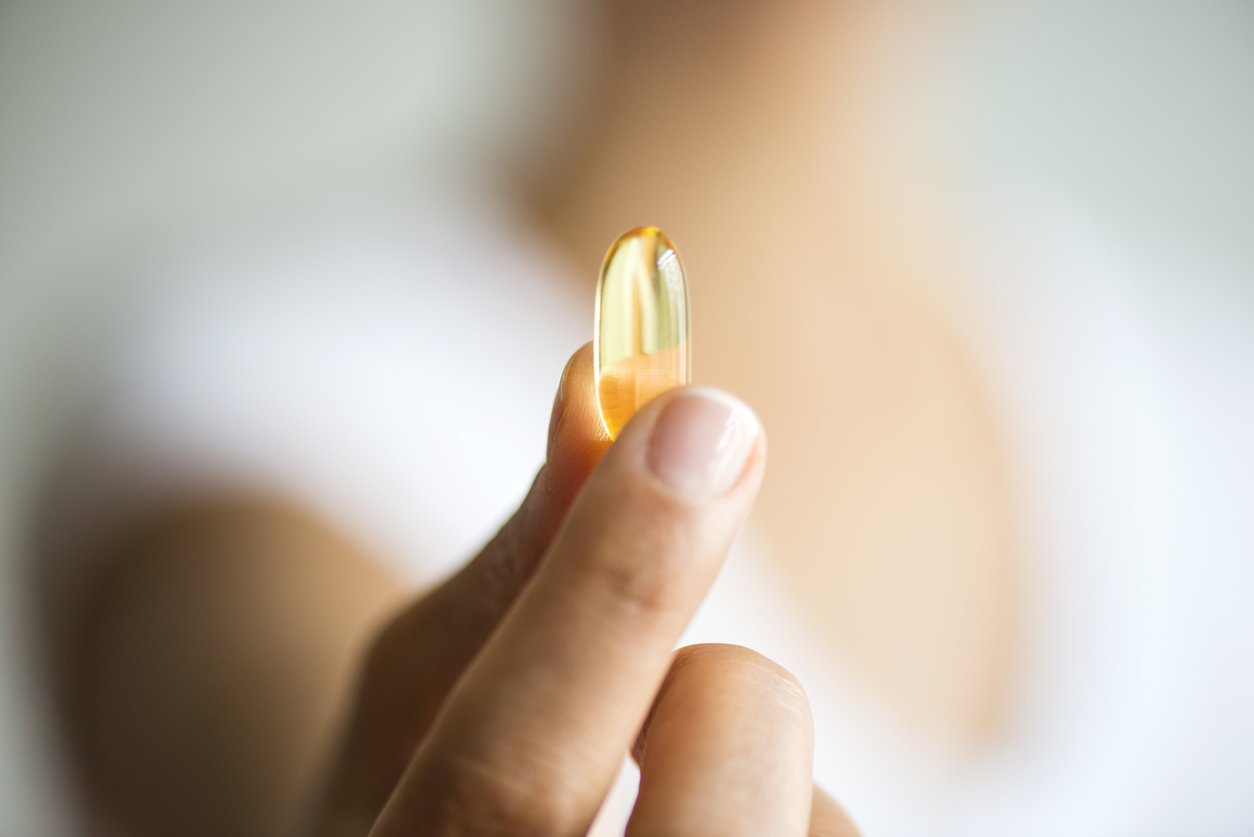
A new study published in JAMA became the first large, systematic review and meta-analysis of possible benefits of fish oil supplements for managing anxiety. "They found taking up to two grams — 2,000 mg — of fish oil per day significantly improved anxiety symptoms," says Dixon. "Even better, the effect was most pronounced for people with clinically diagnosed anxiety. This doesn't mean fish oil won't help a person with mild or subclinical anxiety. It very well may help people with milder anxiety. But it does mean if a person struggles with anxiety quite a bit, fish oil is worth a try."
2 grams of fish oil a day is quite a bit, but Dixon says most people can manage it if they spread it out throughout the day or split it between morning and evening.
Any Kind of Meditative Practice
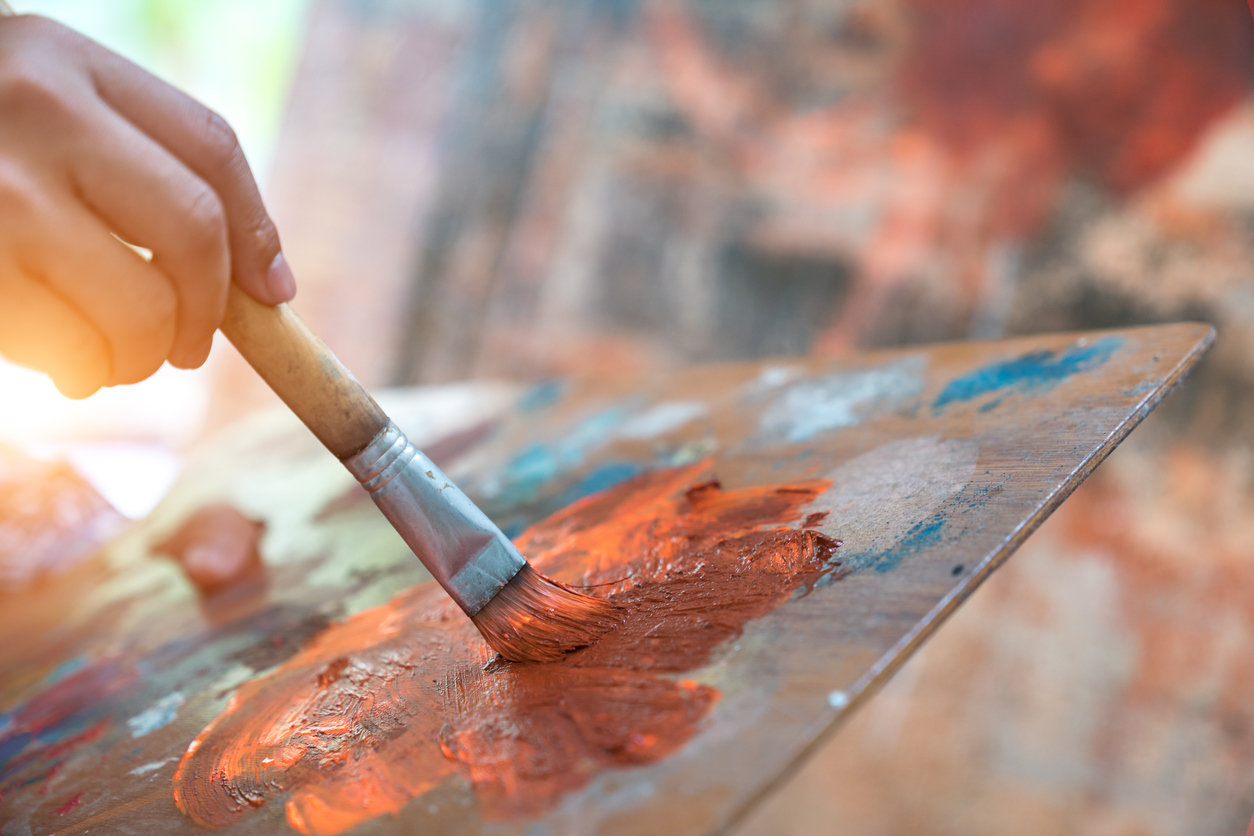
"I love meditation, but some people find it maddeningly difficult," says Dixon. "However, any type of meditative, regular activity that calms and centers you will work. This could include: meditation, prayer, yoga, knitting, drawing, painting, playing a musical instrument, alternate nostril breathing. All of these approaches have noted calming benefits on the mind. The key is to commit to doing the activity at about the same time each day. Even five minutes is enough to generate changes in the brain that trigger a calmer feeling."
Kava
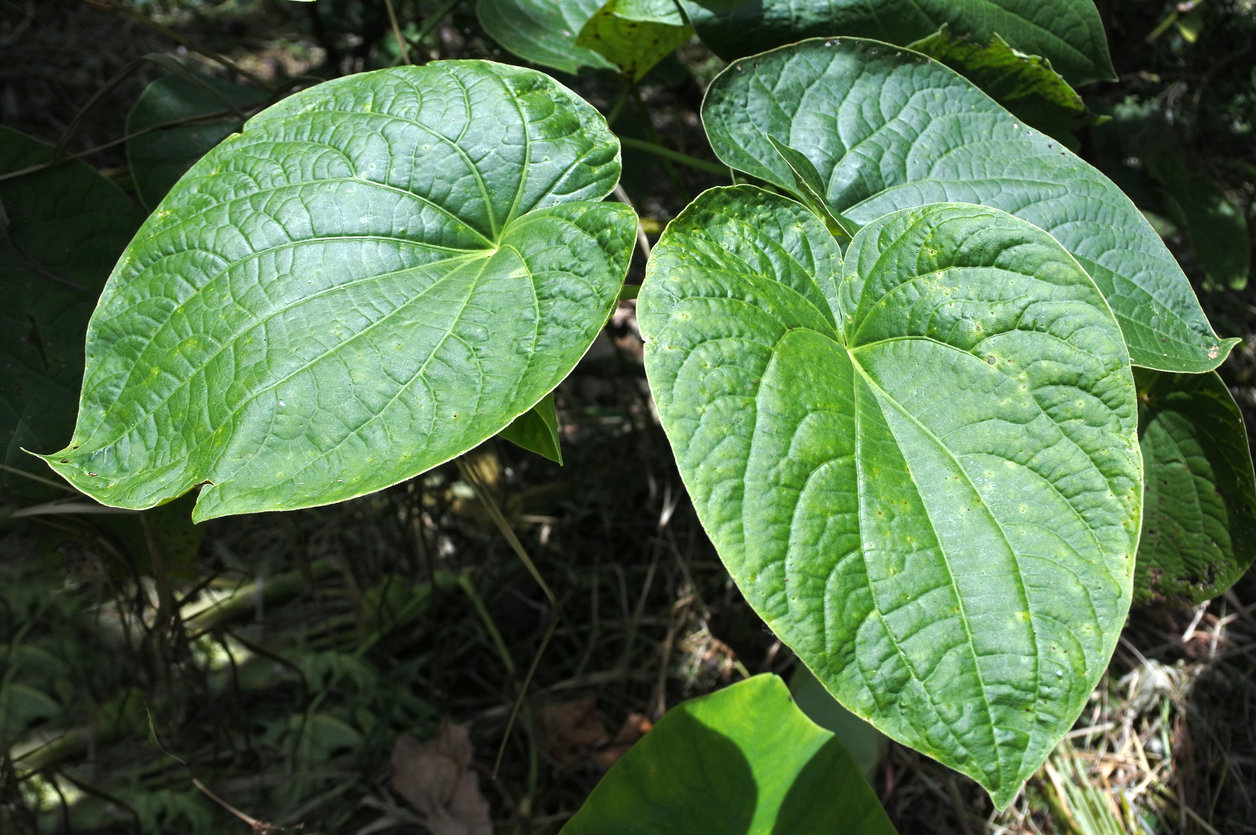
Psychology Today notes that the use of Kava as a treatment of anxiety has been extensively reviewed in the biomedical and alternative medical literature. Kava interferes with norepinephrine reuptake and is known to have binding affinity with both GABA and NMDA receptors, both of which modulate anxiety.
Lemon Balm
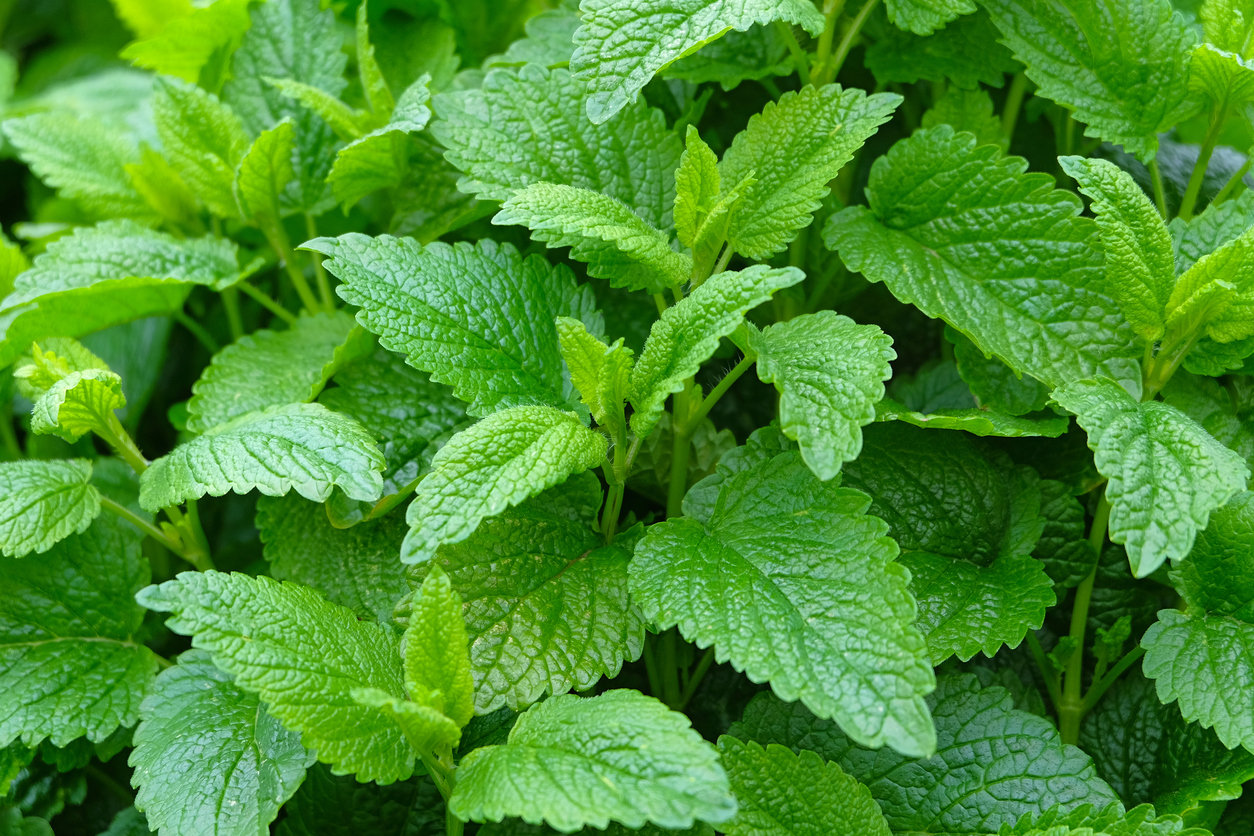
Lemon balm (Melissa officinalis) has been used since at least the Middle Ages to treat anxiety. In a study published in Psychosomatic Medicine, subjects who took standardized lemon balm extracts (600 mg) were more calm and alert than those who took a placebo. Note that some studies have found taking too much lemon balm can actually cause anxiety, so start with a small dose — in tea, tincture, or capsule form.
A Regular Workout Routine
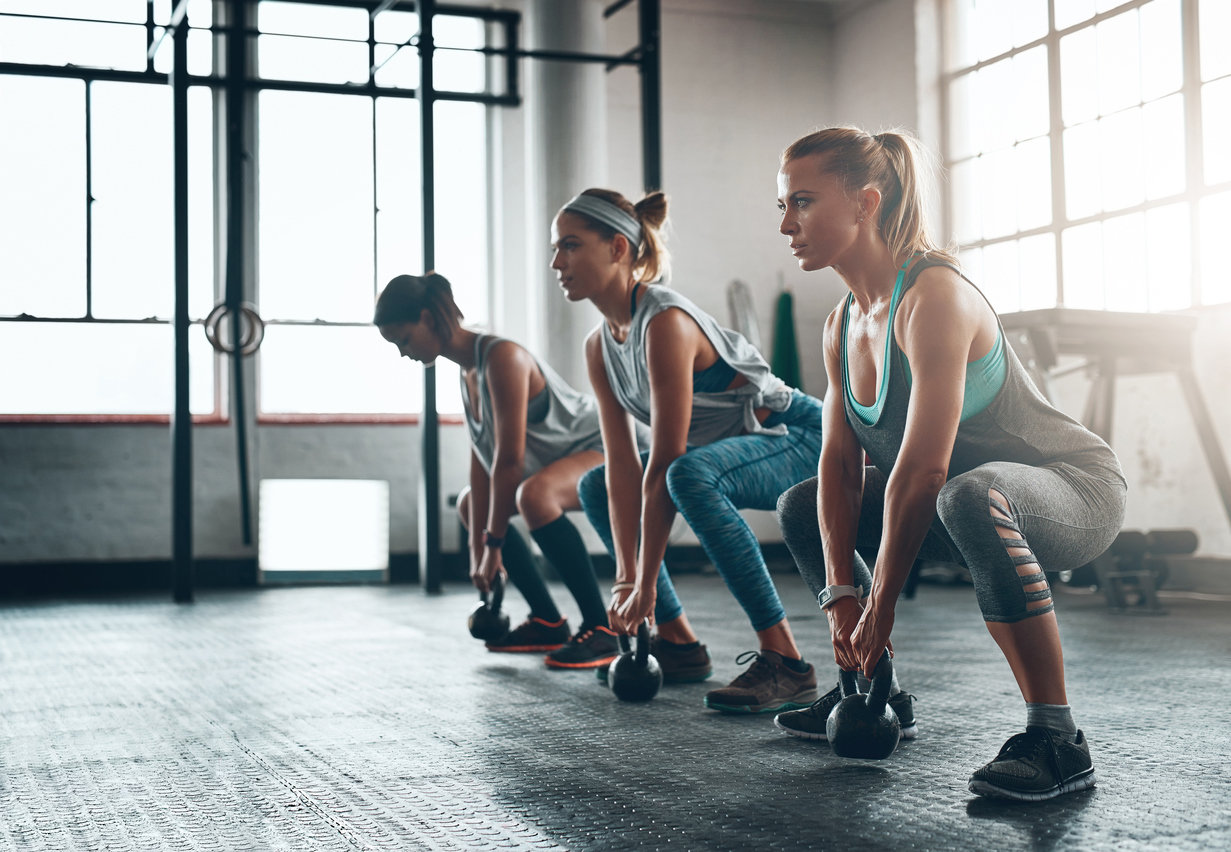
Studies show that at least 30 minutes of exercise three to five days a week can significantly address anxiety. In fact, some research has even found that regular exercise can help alleviate anxiety as much as medications, and the anxiety-relieving effects of exercise may last longer than those of drugs.
Passionflower
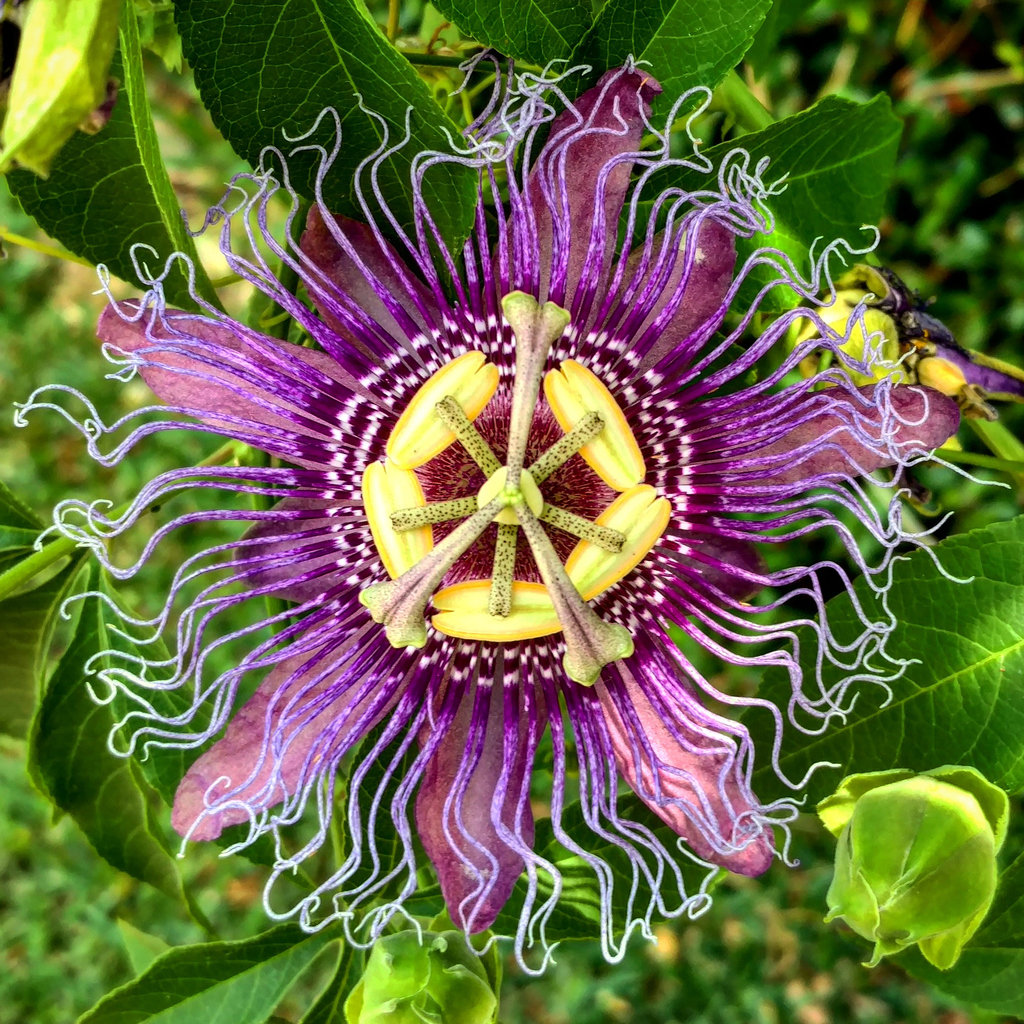
Research published in the Journal of Clinical Pharmacy and Therapeutics found that the herb — licensed in Germany to treat anxiety — can effectively manage generalized anxiety disorder.
Lavender Essential Oil
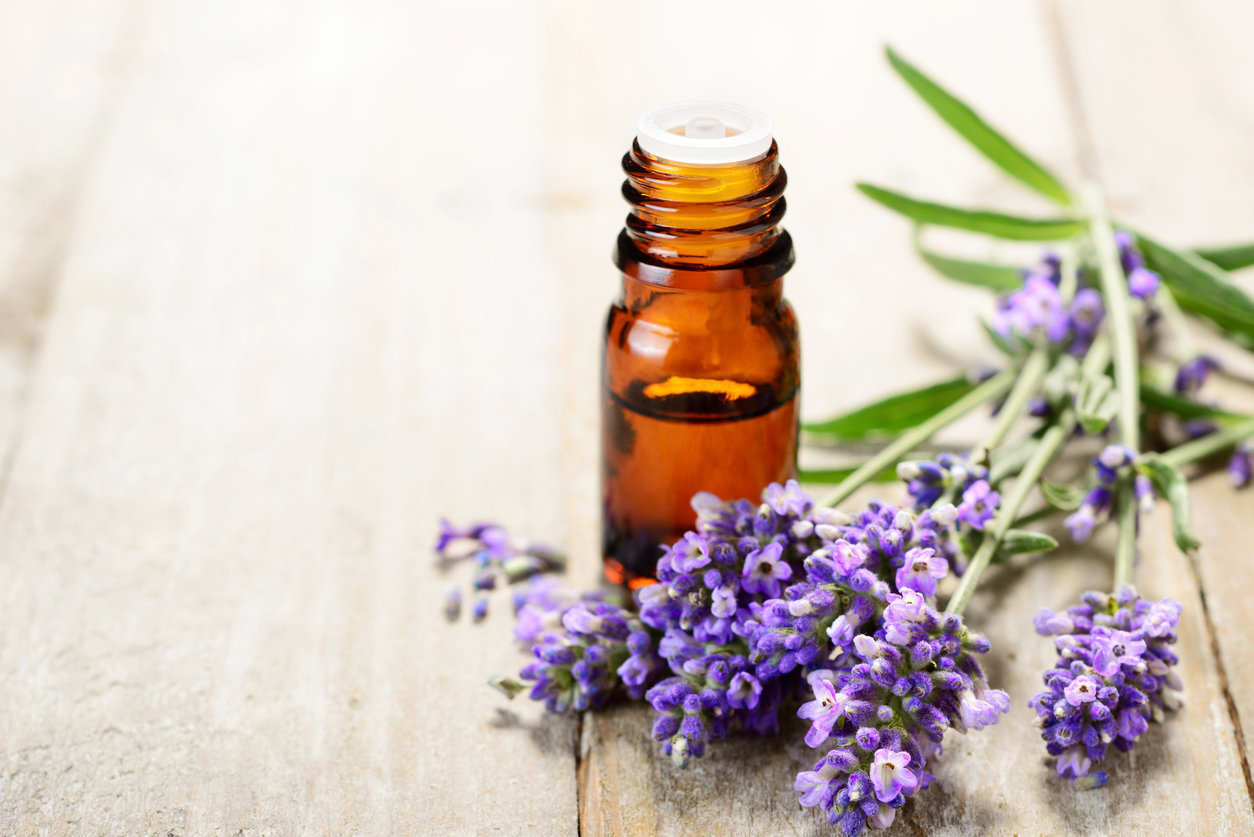
Aromatherapy has a variety of benefits, and research published in Holistic Nursing Practice found that inhaling the relaxing scent of lavender reduced anxiety in students who were taking a test.
Complex Carbohydrates
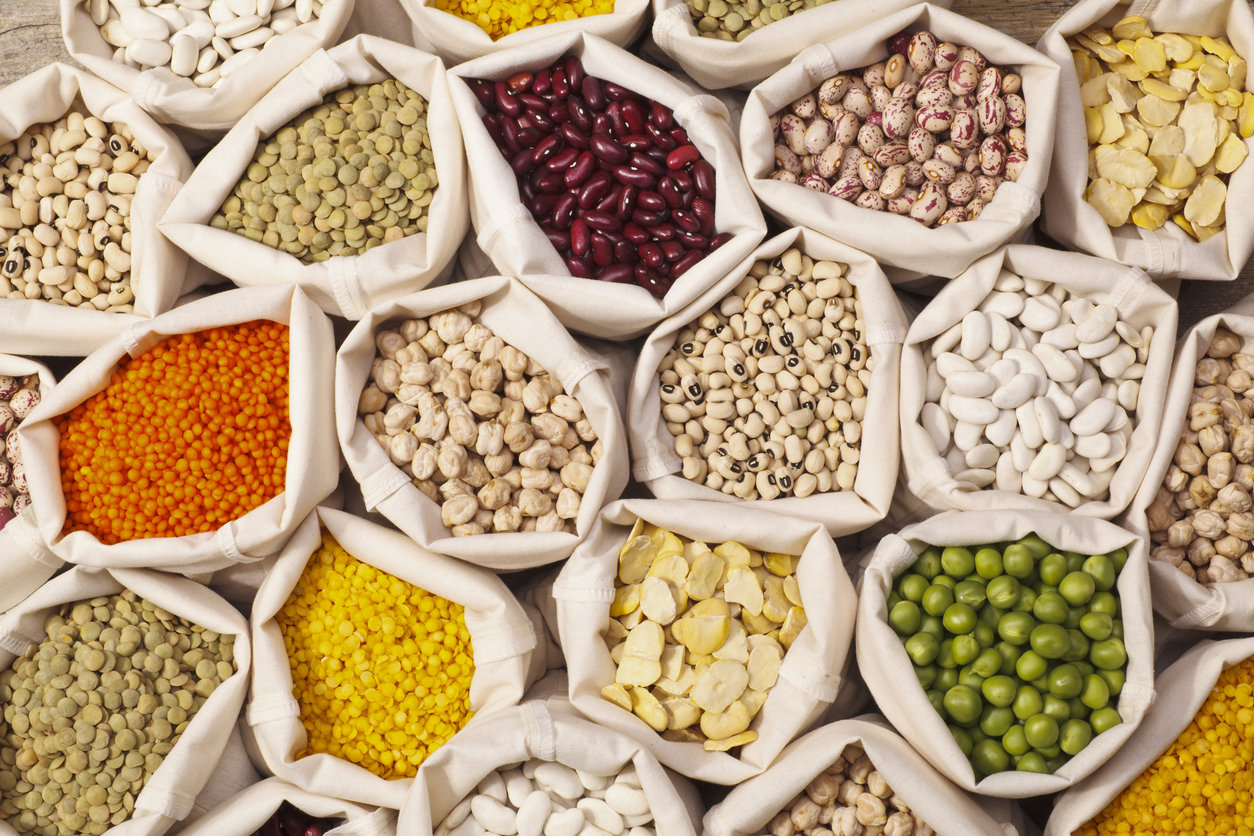
The Mayo Clinic notes that eating complex carbs — like whole-grain breads, beans, and quinoa — boost the calming brain chemical, serotonin, which can help curb anxiety.
Protein at Breakfast
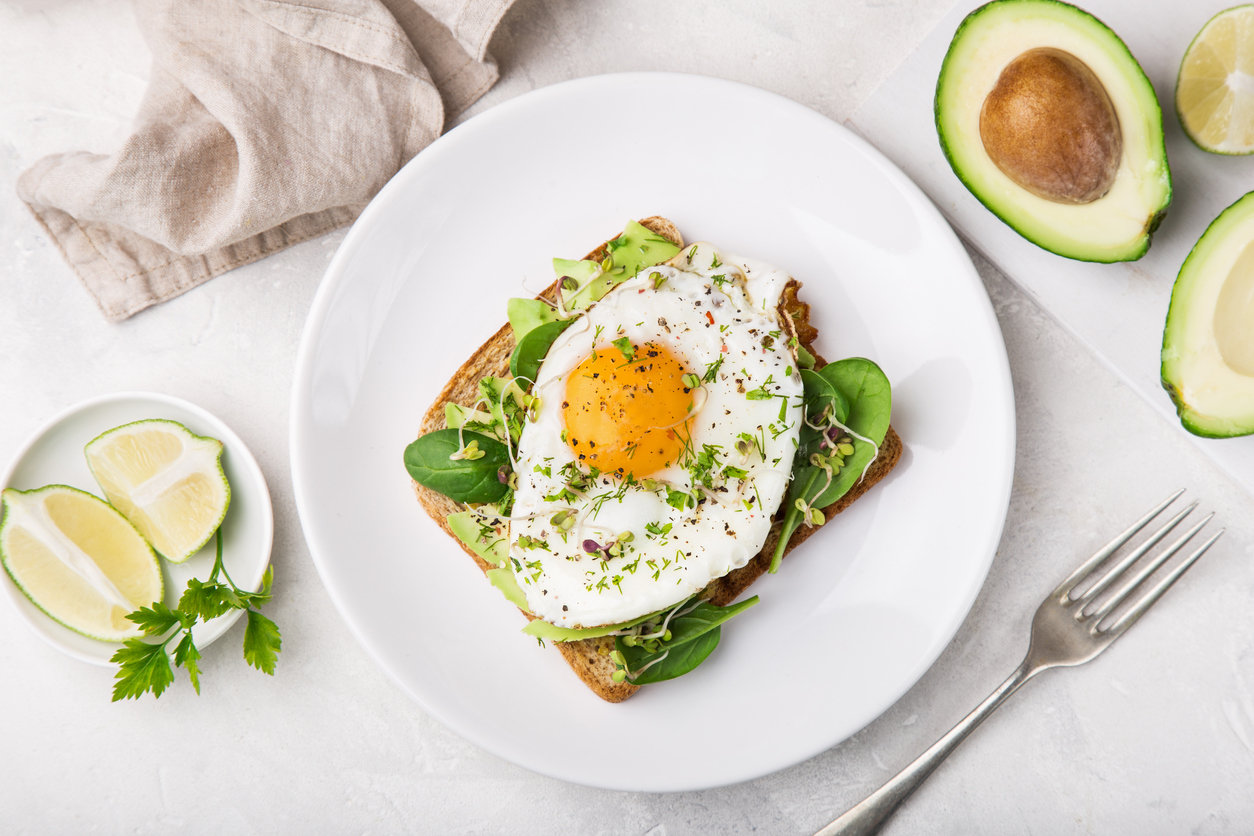
Making sure your breakfast includes a quality source of protein, like eggs or a shake made with plant protein powder, can keep you satiated and stabilize your blood sugar, can help with anxiety, notes Mayo Clinic.
Warming Up

Feeling warm can boost serotonin, helping to quash anxiety. "Whether lying on the beach in the midday sun on a Caribbean island, grabbing a few minutes in the sauna or spa after work, or sitting in a hot bath or Jacuzzi in the evening, we often associate feeling warm with a sense of relaxation and well-being," note researchers.
Walking in Nature
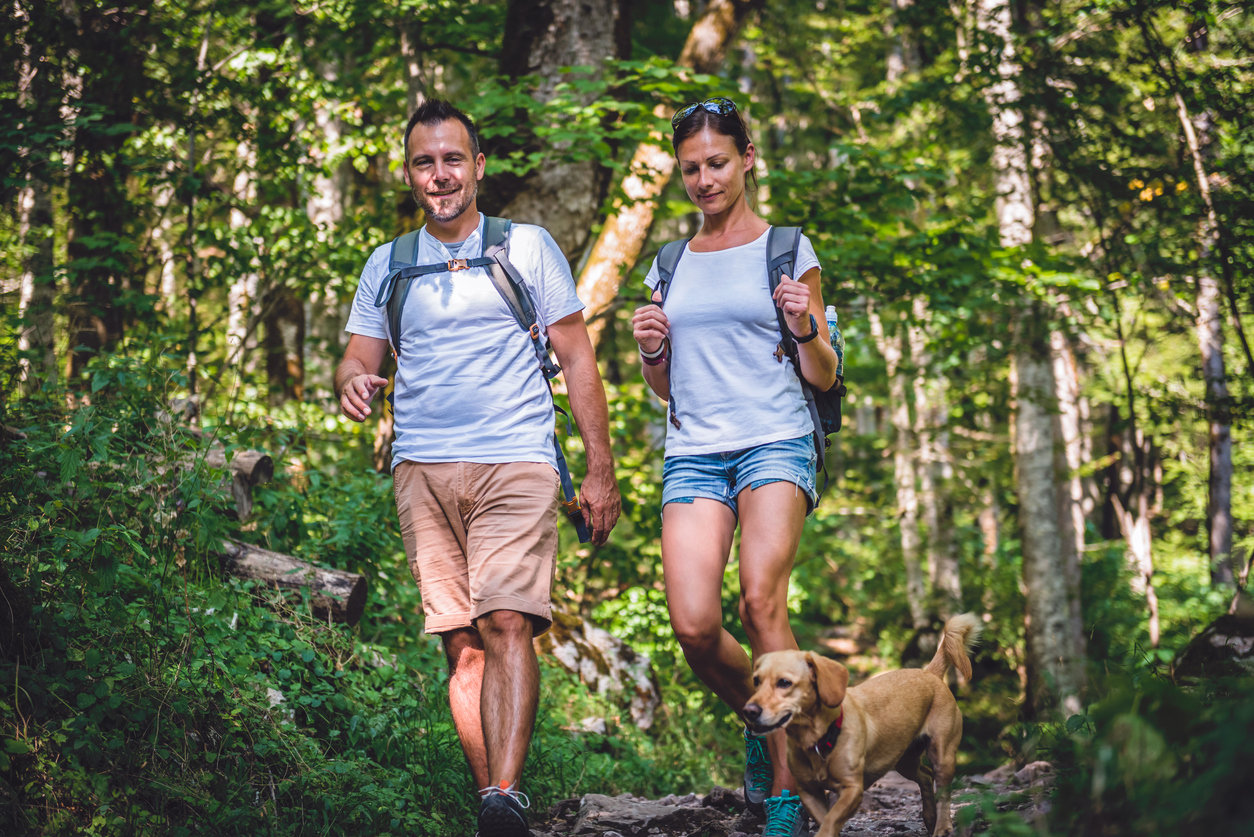
Researchers found that walking in the forest for just 20 minutes measurably lowered stress and could reduce anxiety.
Consider Food Sensitivities
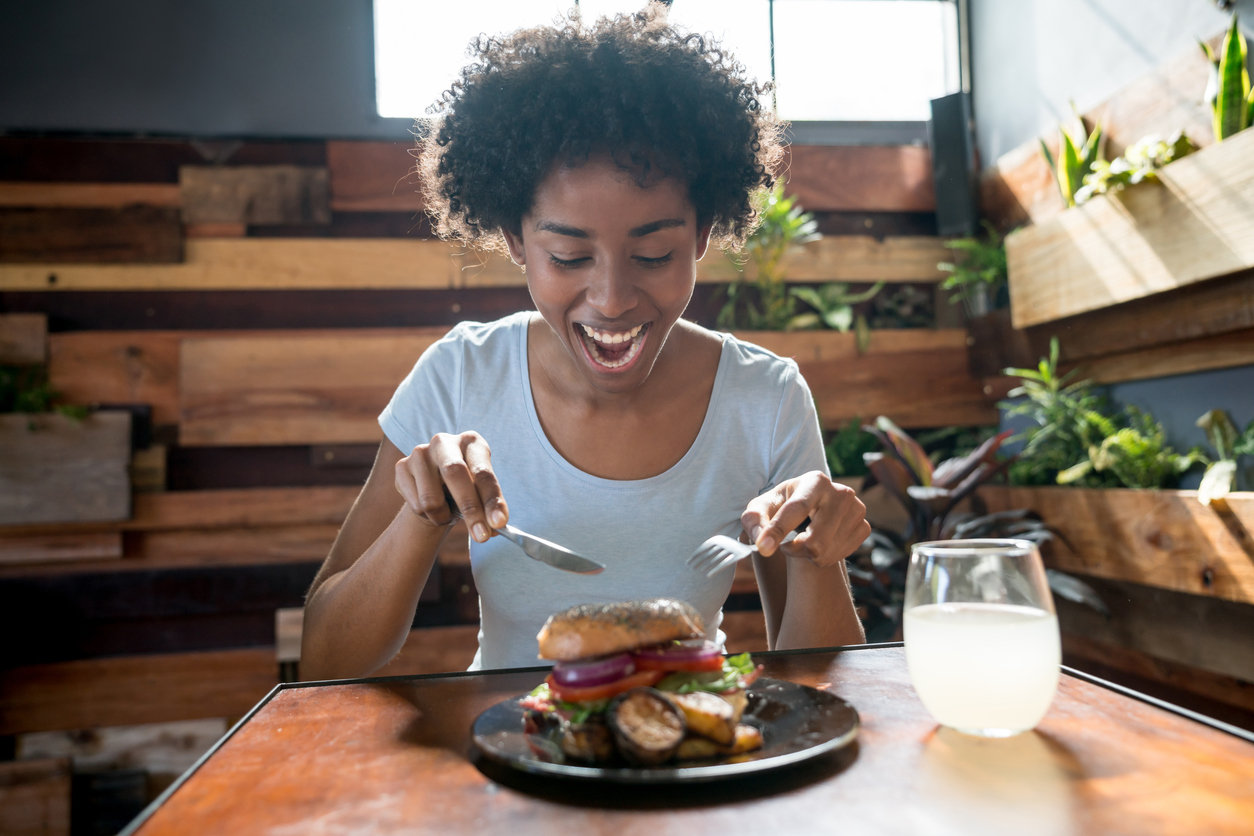
The Mayo Clinic advises paying attention to potential food sensitivities. A negative reaction gluten or other potential allergens, like dairy, could contribute to anxiety, so it may be wise to investigate if you suspect there's a link.
Holy Basil
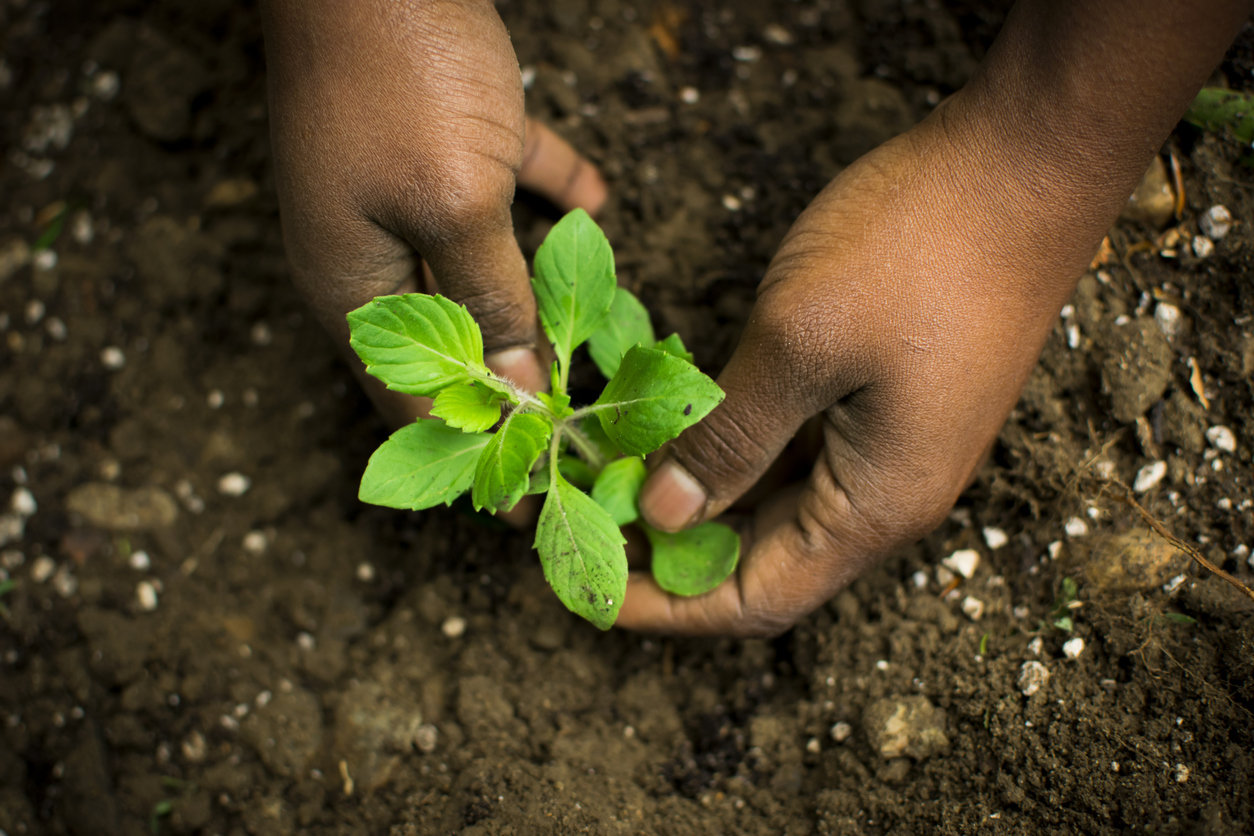
According to research published in the Journal of Ayurveda and Integrative Medicine, holy basil, or tulsi, has antidepressant and anti-anxiety properties comparable to diazepam and antidepressant drugs.
Lavender Tea
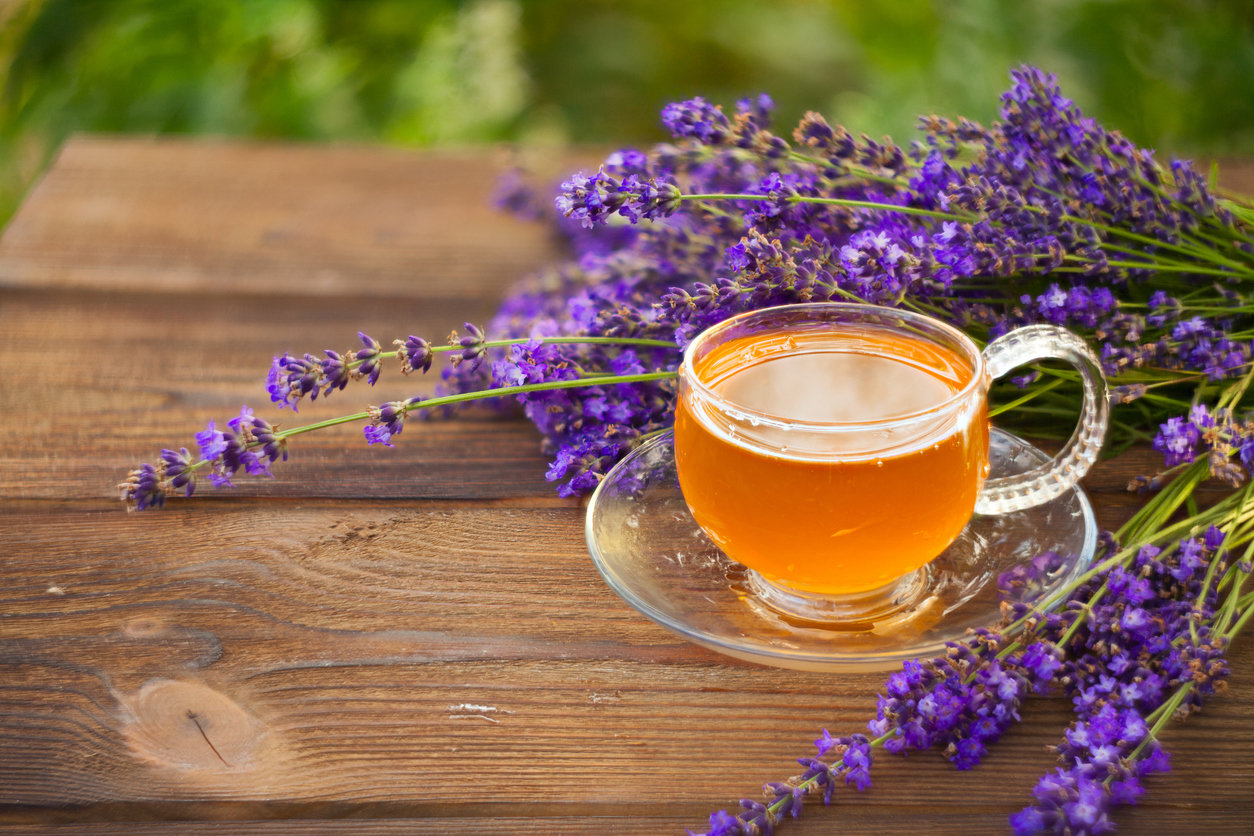
Sniffing lavender isn't the only way to enjoy its anxiety-curbing effect. "Make a tea with lavender using 1 teaspoon per 1 cup of water. For a nice soothing tea blend, mix it with hops and chamomile," suggests Brennan.
Diaphragmatic Breathing
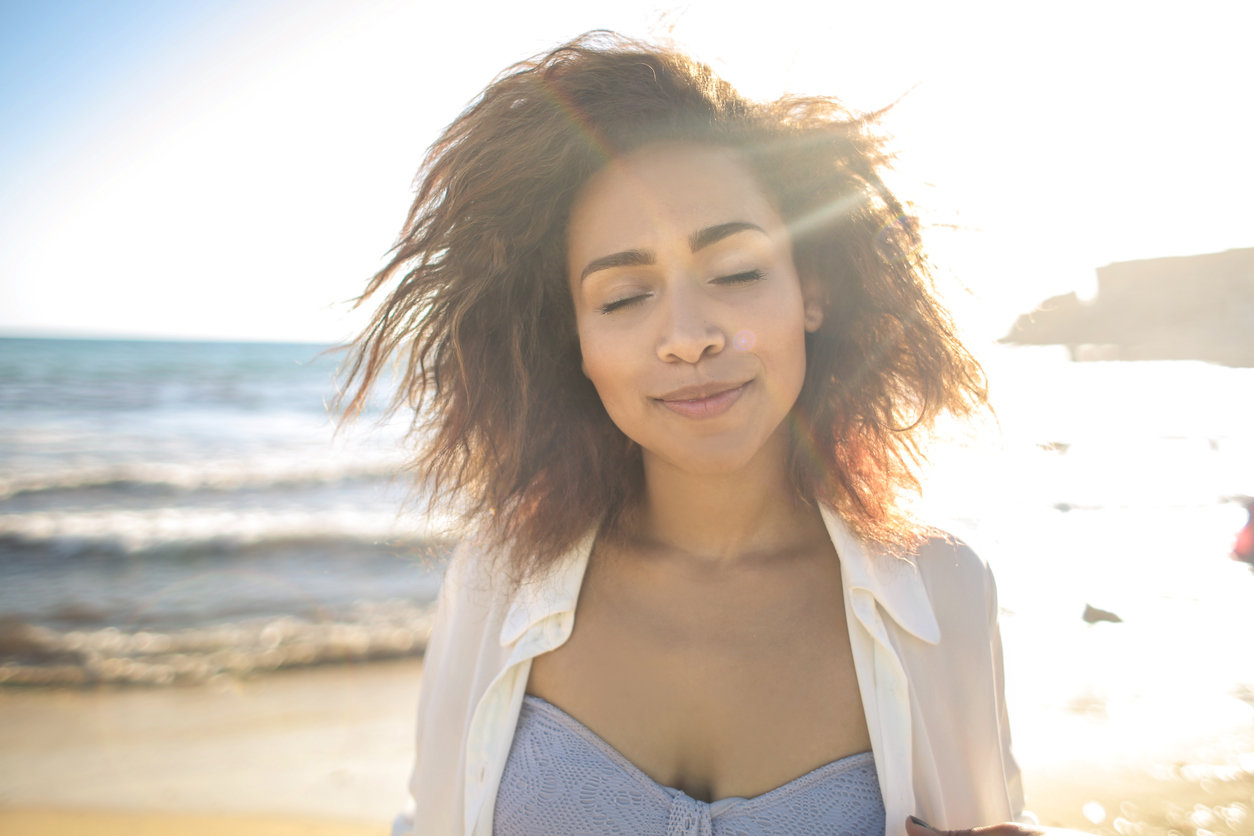
Shallow breathing limits the diaphragm's range of motion, and can lead to anxiety. The fix: diaphragmatic breathing, which activates the body's relaxation response.
Probiotic Foods
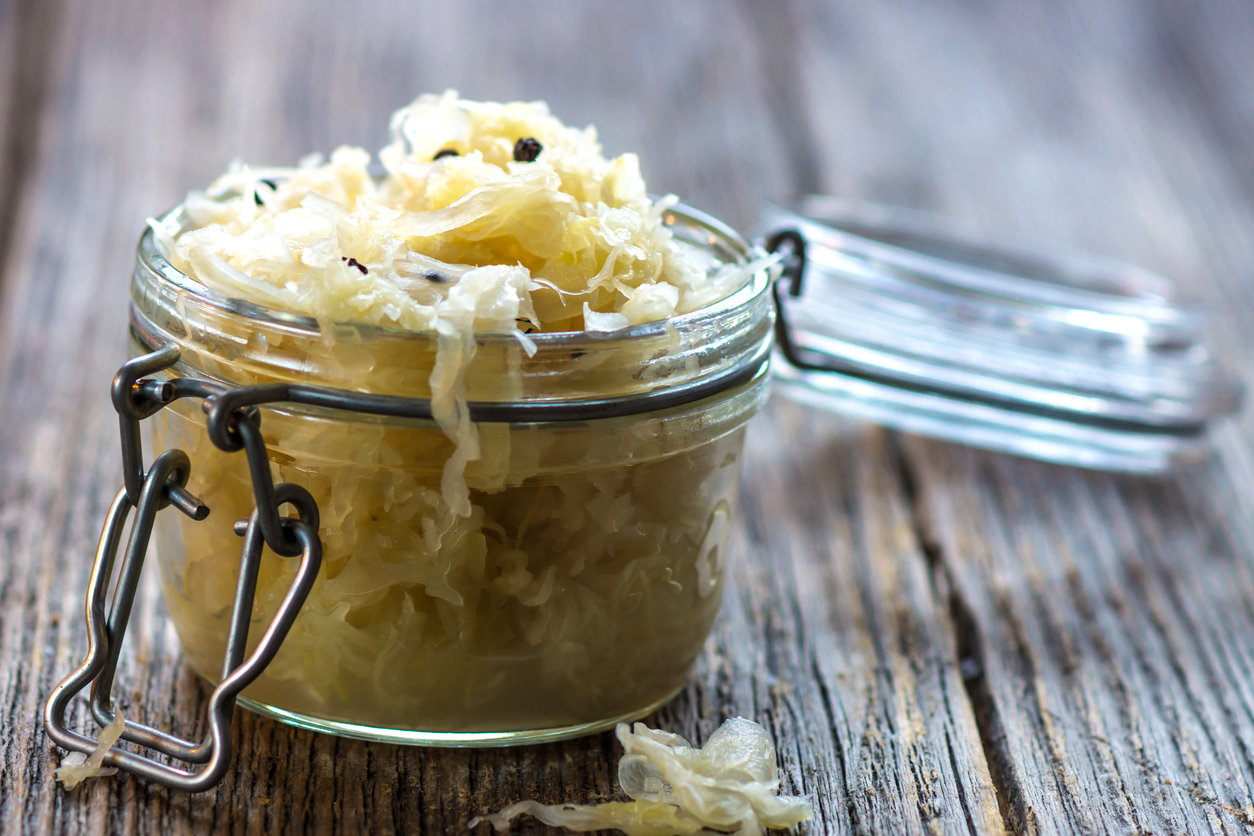
Research published in the journal Psychiatry Research found a link between probiotic foods (like pickles, sauerkraut, and kefir) and a lowering of social anxiety.
Drink a Bit of Coffee

Social anxiety sufferers generally have low stores of the brain chemical dopamine. Psychology Today notes that a daily cup of coffee, or a cup consumed before the situation of stress or panic may address this particular kind of anxiety.
Creative Writing
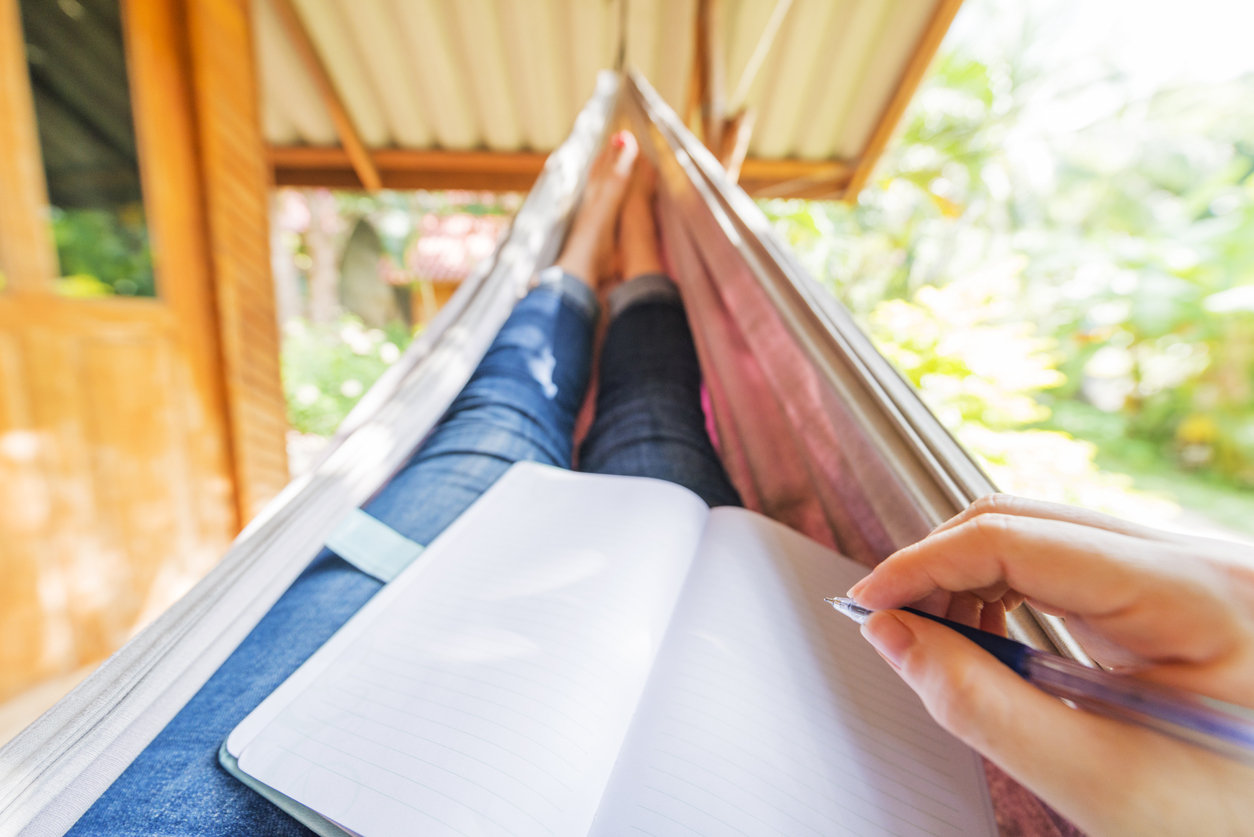
A 2016 study found that creative writing may help children and teens to manage anxiety.
Time Management Strategies
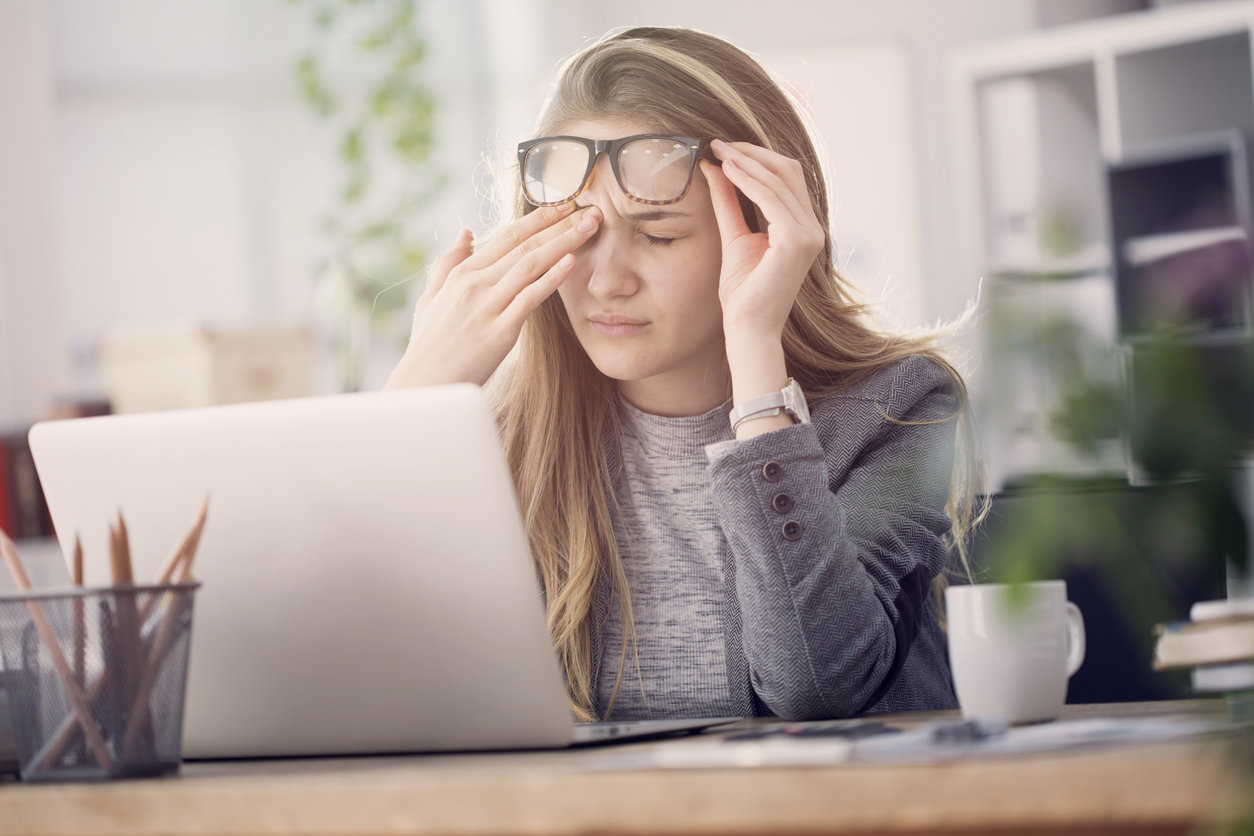
Medical News Today reports that time management strategies may help curb anxiety related to feeling overwhelmed, noting that many people find that breaking major projects down into manageable steps can help them to accomplish those tasks with less stress.
Having a Pet
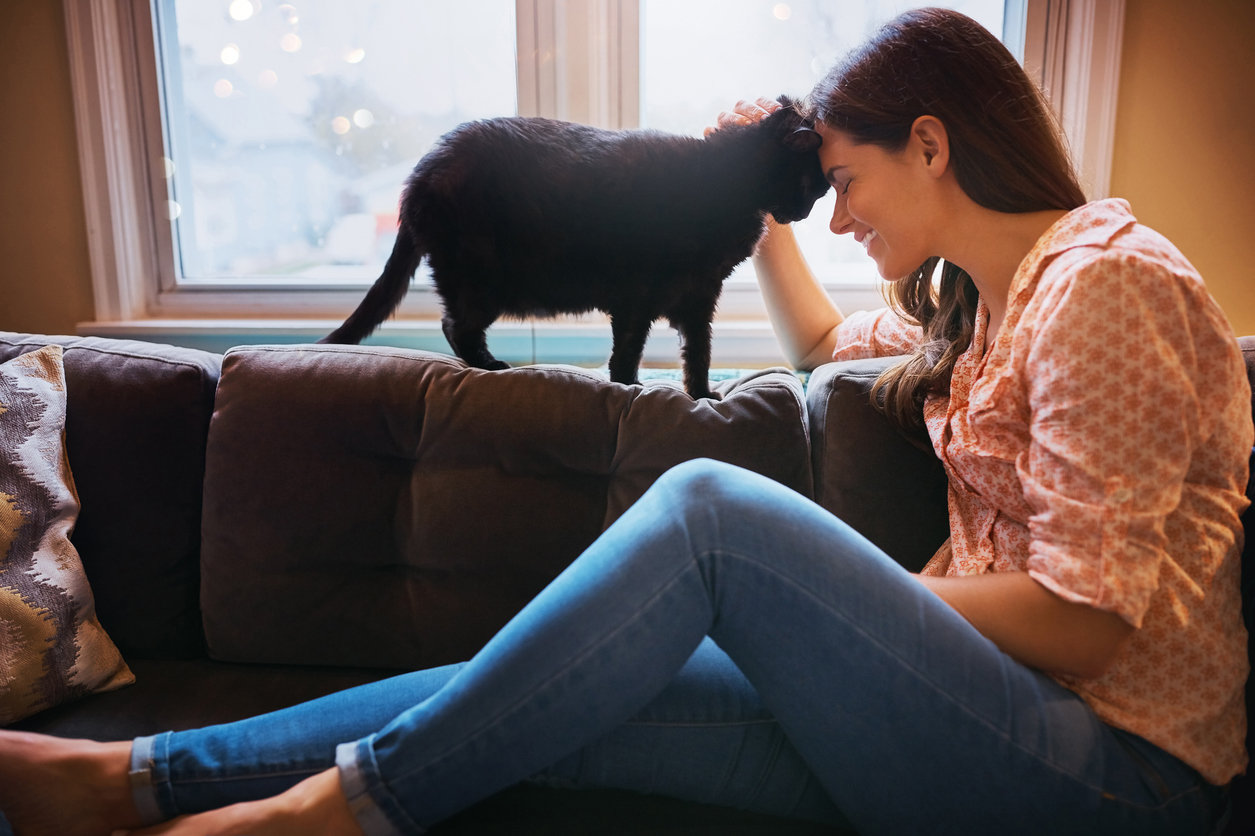
Research published in the journal BMC Psychiatry notes that pets can benefit people who struggle with anxiety.
Spending Time With Horses
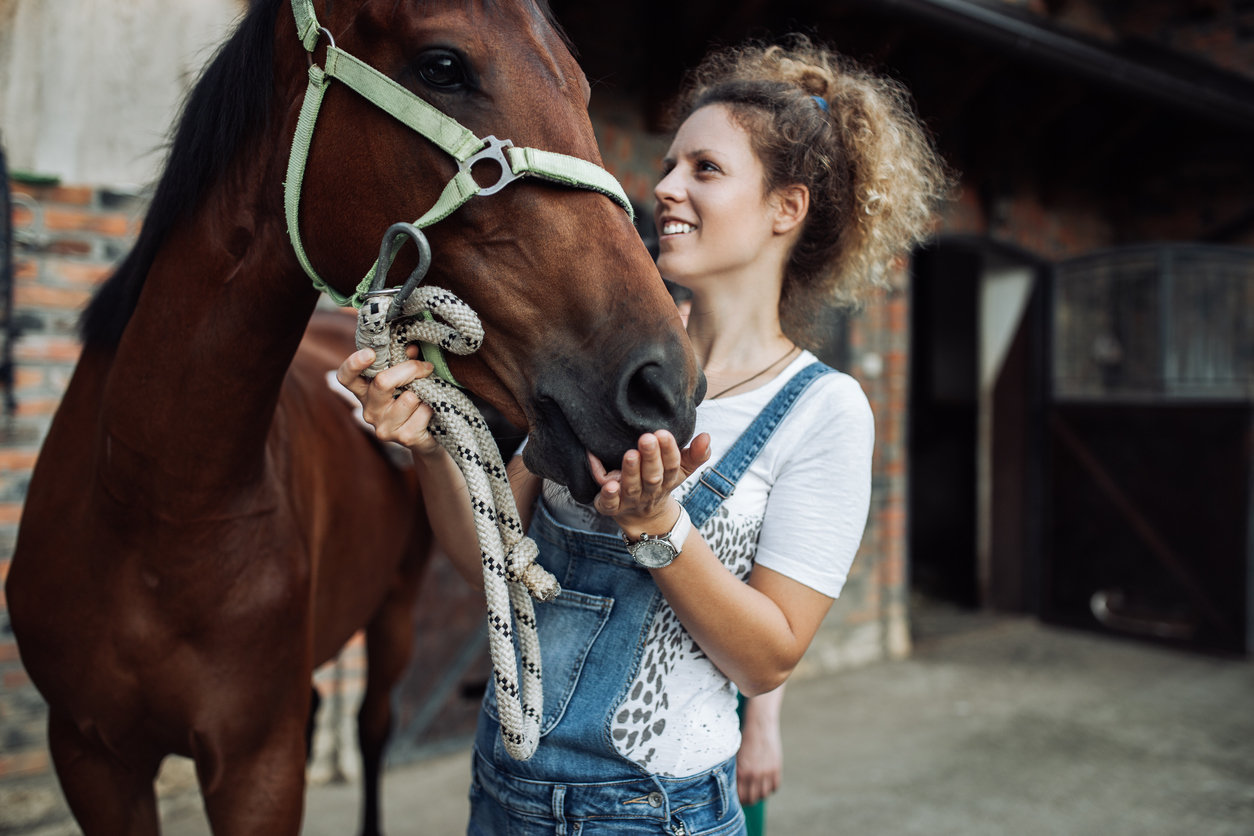
A systematic review suggests that grooming and spending time with horses can alleviate anxiety associated with trauma.
Cognitive Behavioral Therapy
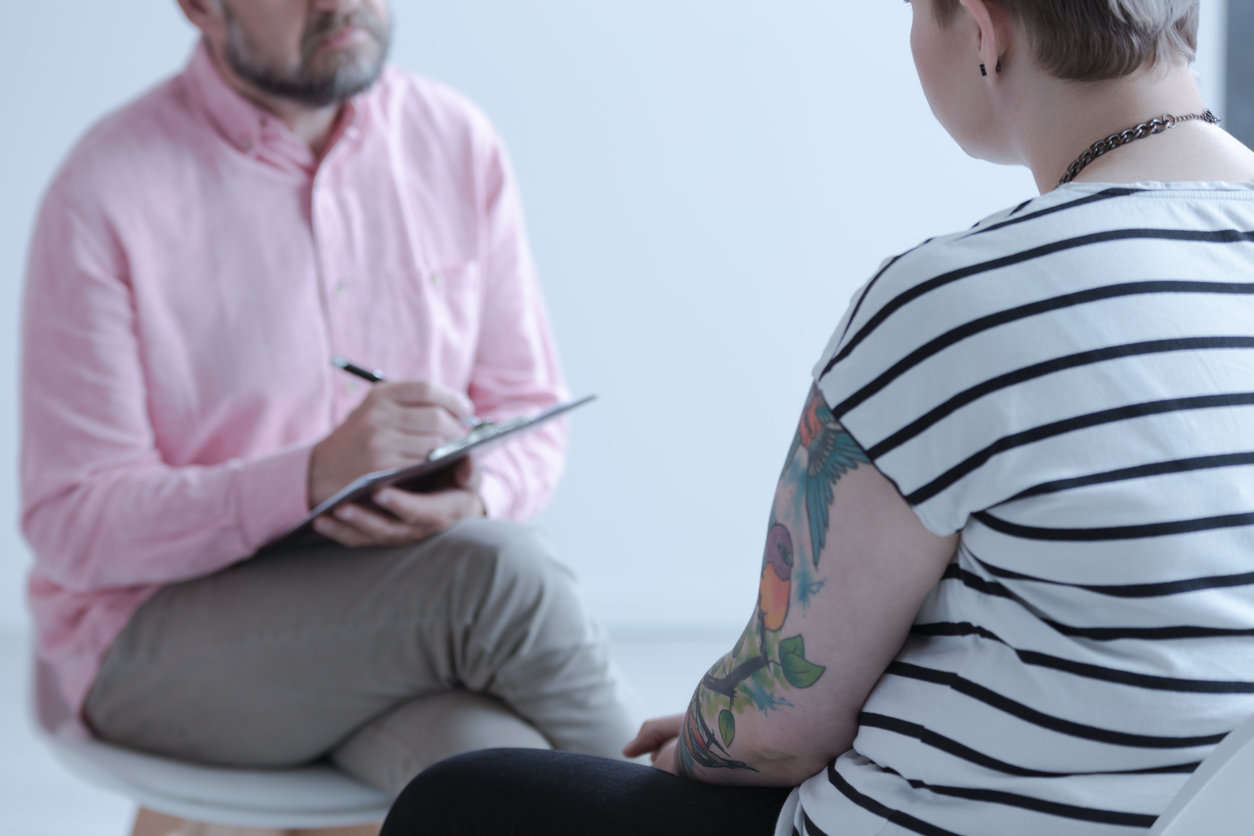
A short-term form of psychotherapy called cognitive behavioral therapy (CBT) focuses on how a person's thoughts, beliefs, and attitudes affect their feelings and behaviors and can help address ongoing struggles with anxiety.
Seeing a Comedy Show or Watching a Sit-Com

Anticipating laughter reduces the stress hormones that spike when you're anxious, note researchers from Loma Linda University in California.
Plan Time for R&R
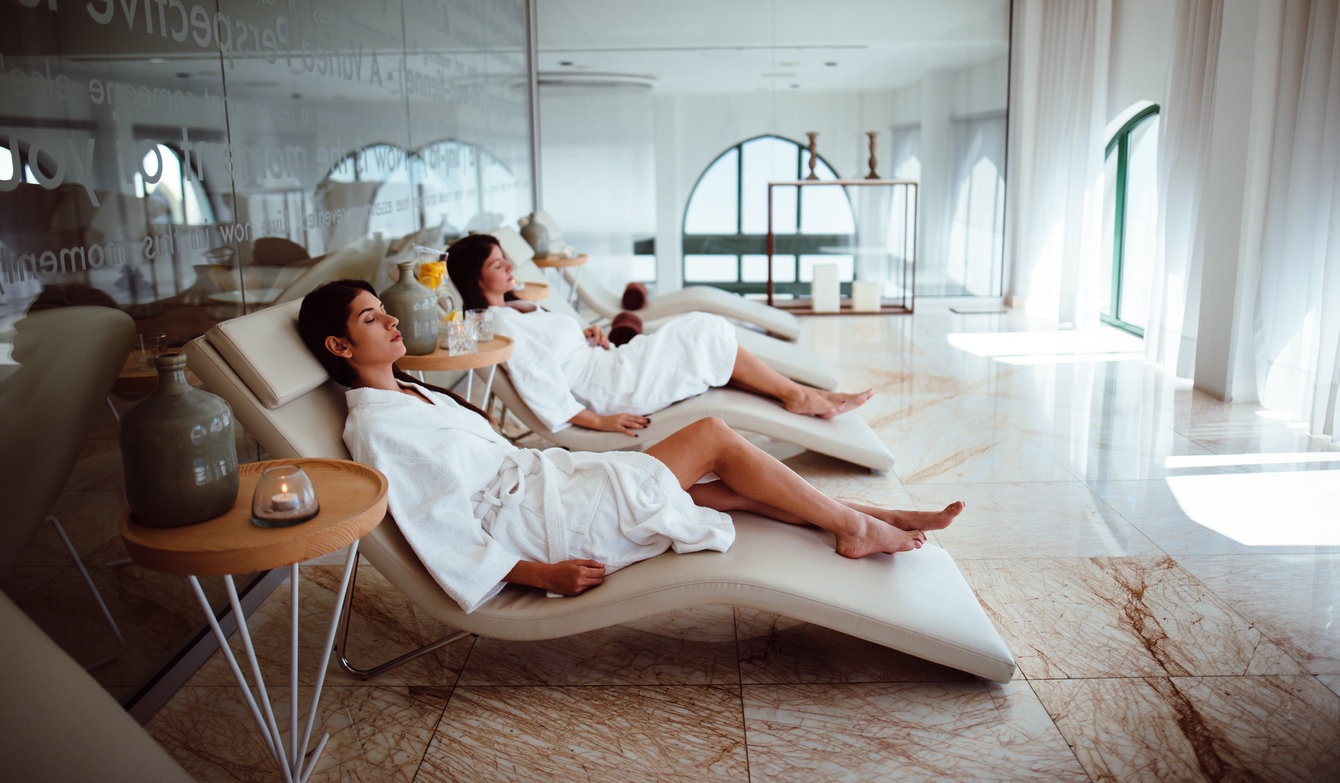
Research published in the Journal of Anxiety Disorders found that carving out time for concerted relaxation — think spending time at a day spa or just taking a walk — lowered the heart rates of people with social anxiety.
Take GABA
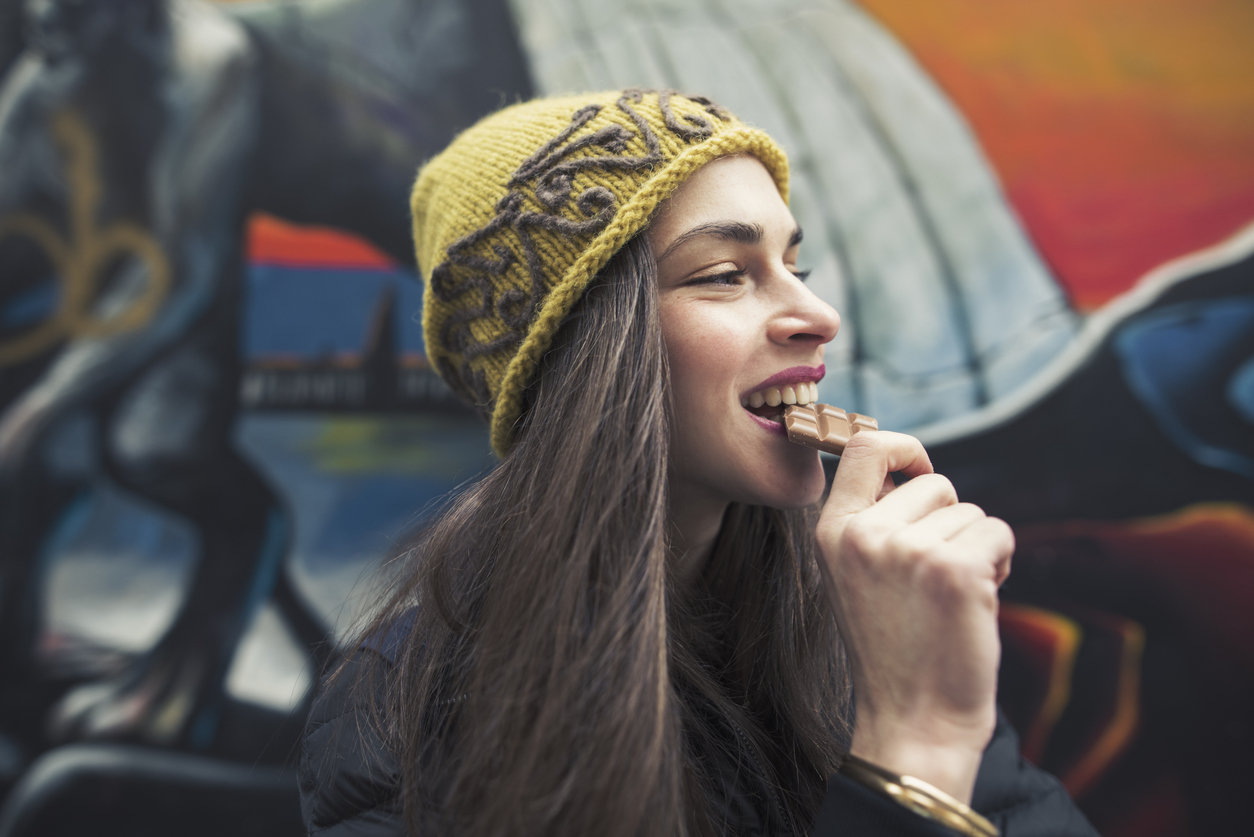
Gamma-aminobutyic acid, or GABA, is a brain transmitter that counteracts the action of another neurotransmitter, glutamate that increases your excitability. You can actually take GABA as a supplement. (Although as it could interact with certain medications, you'll want to discuss it with your health care provider.) A study published in the International Journal of Food Science Nutrition found that people who ate chocolate enriched with GABA before doing an arithmetic-related task were less stressed following the task than those who didn't have the chocolate.




